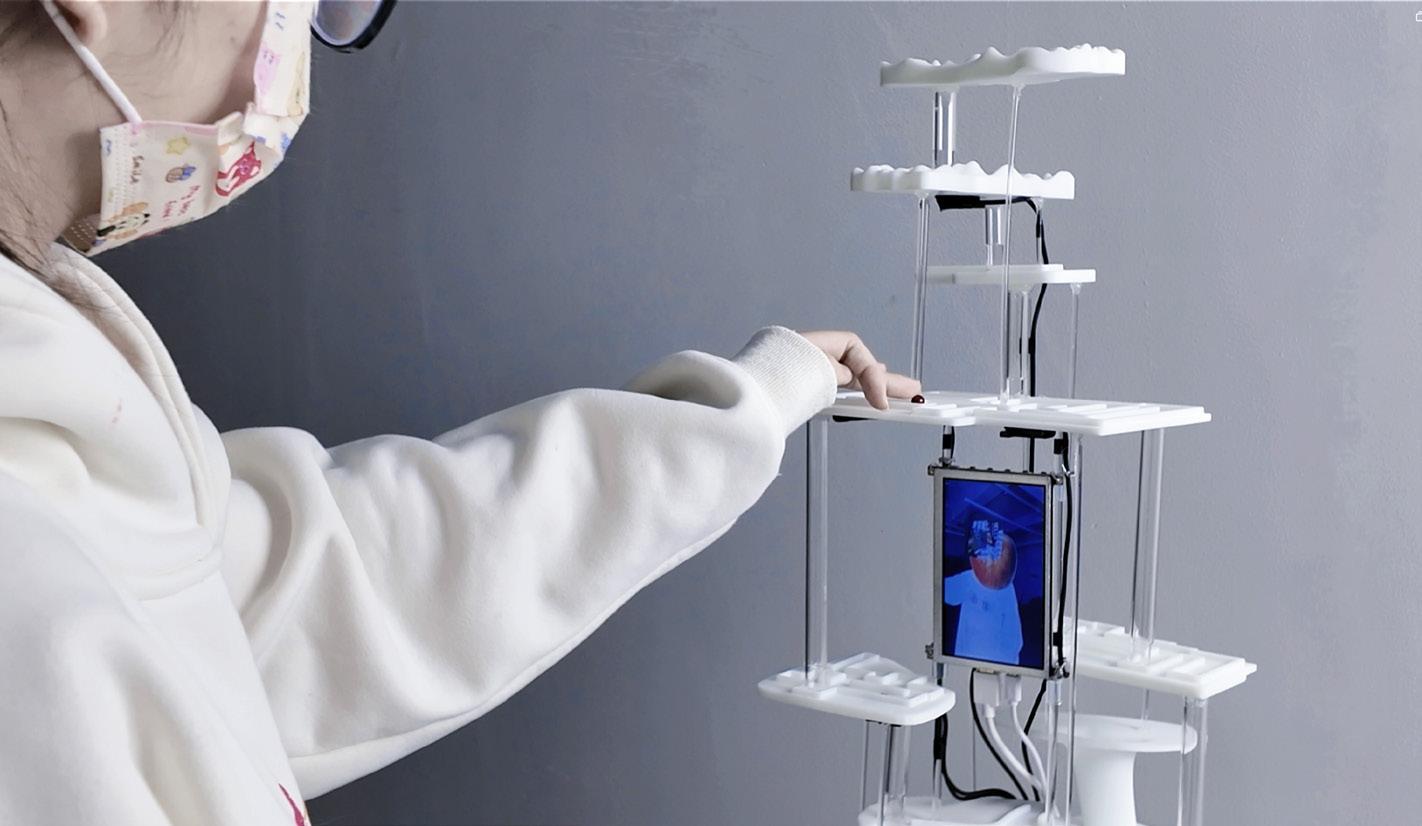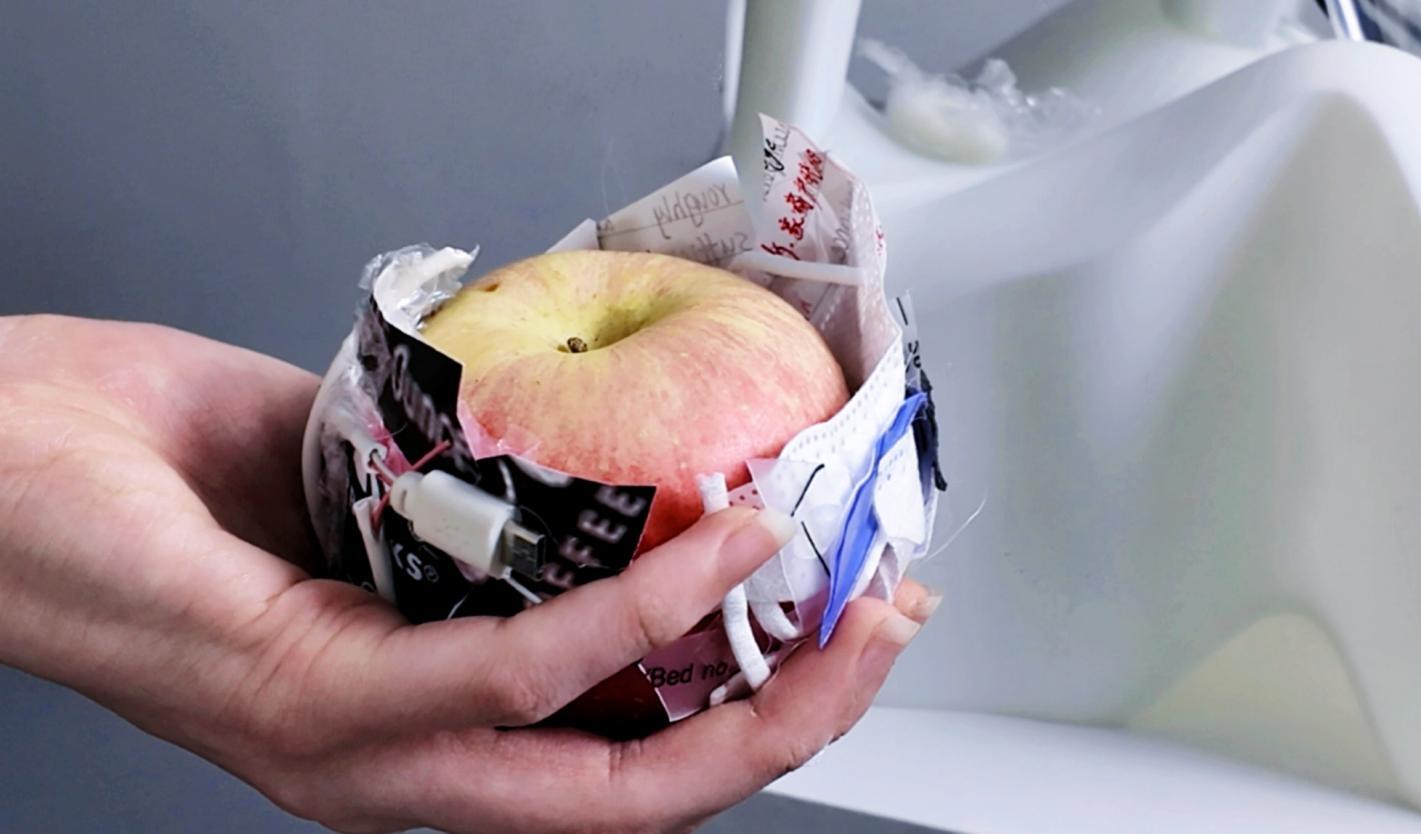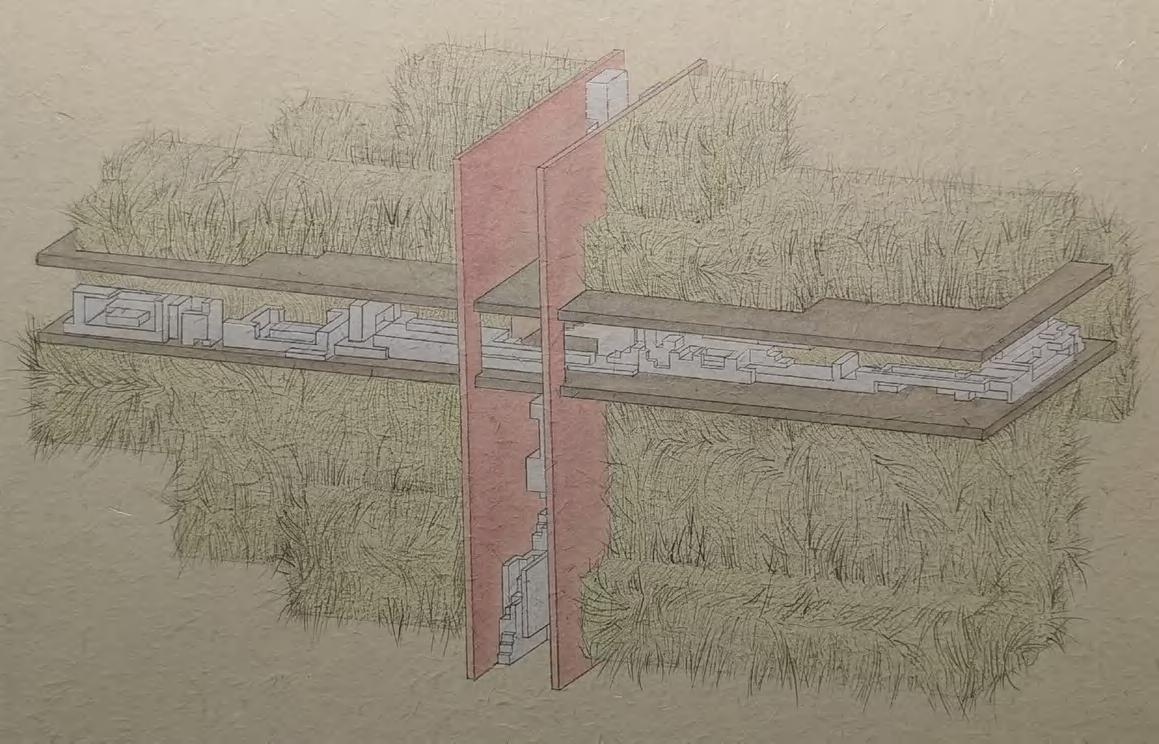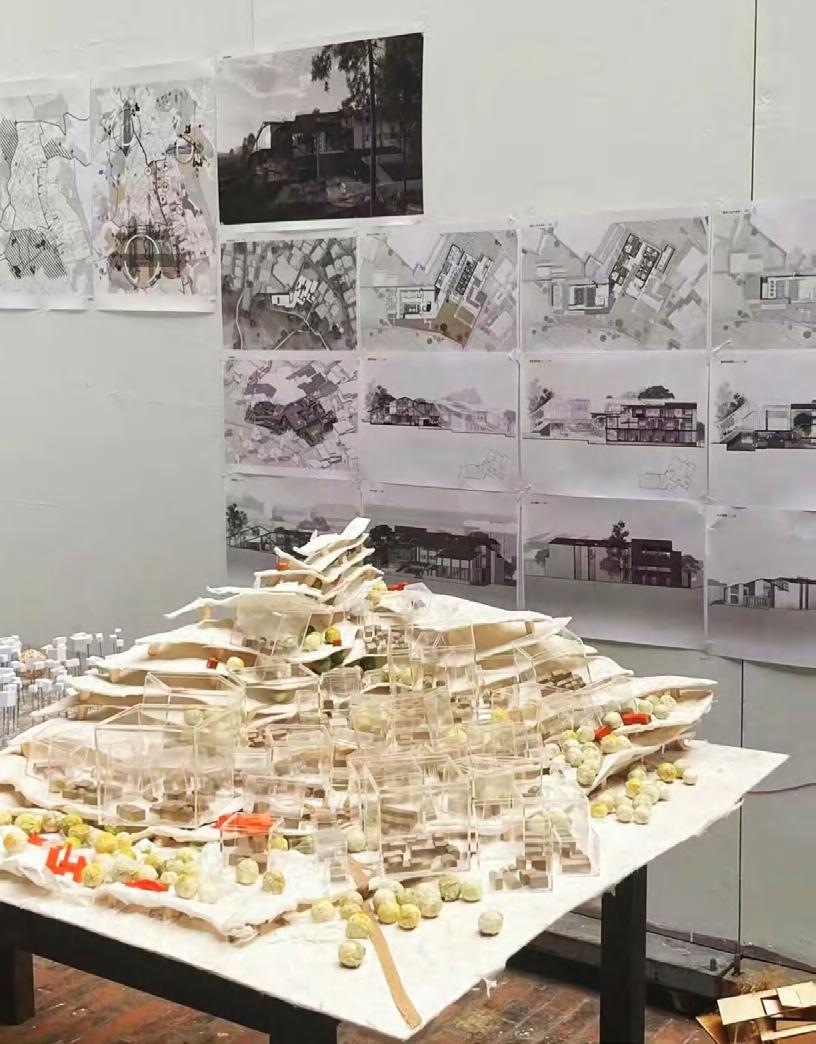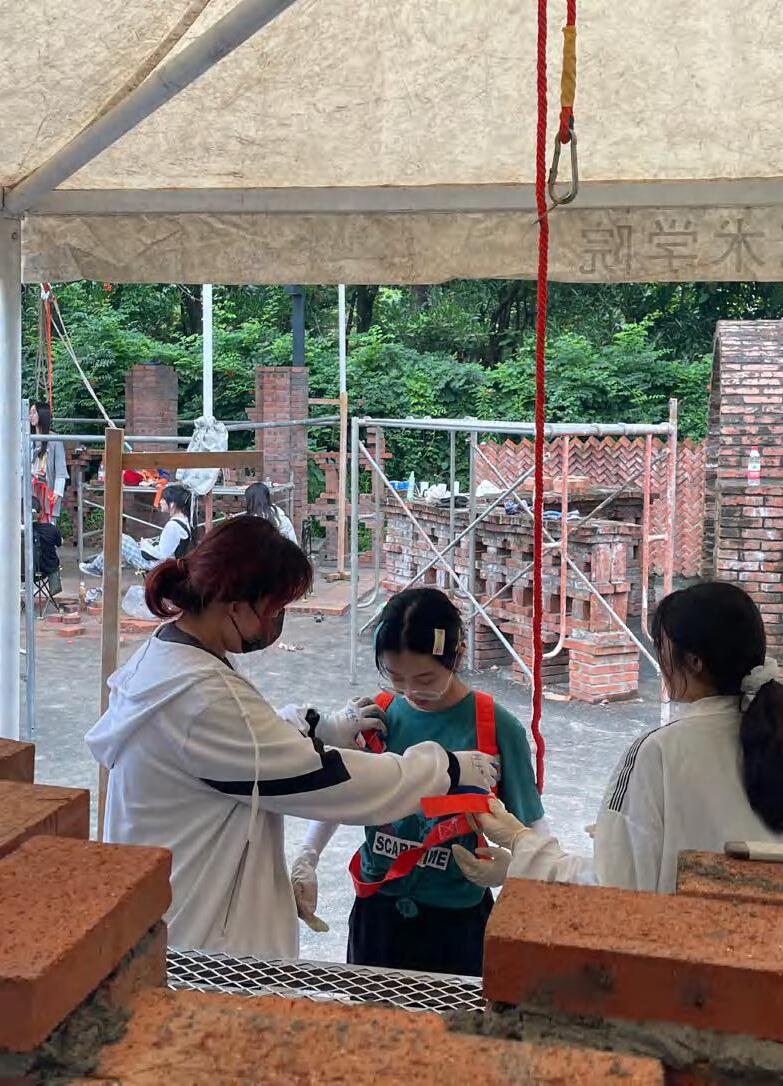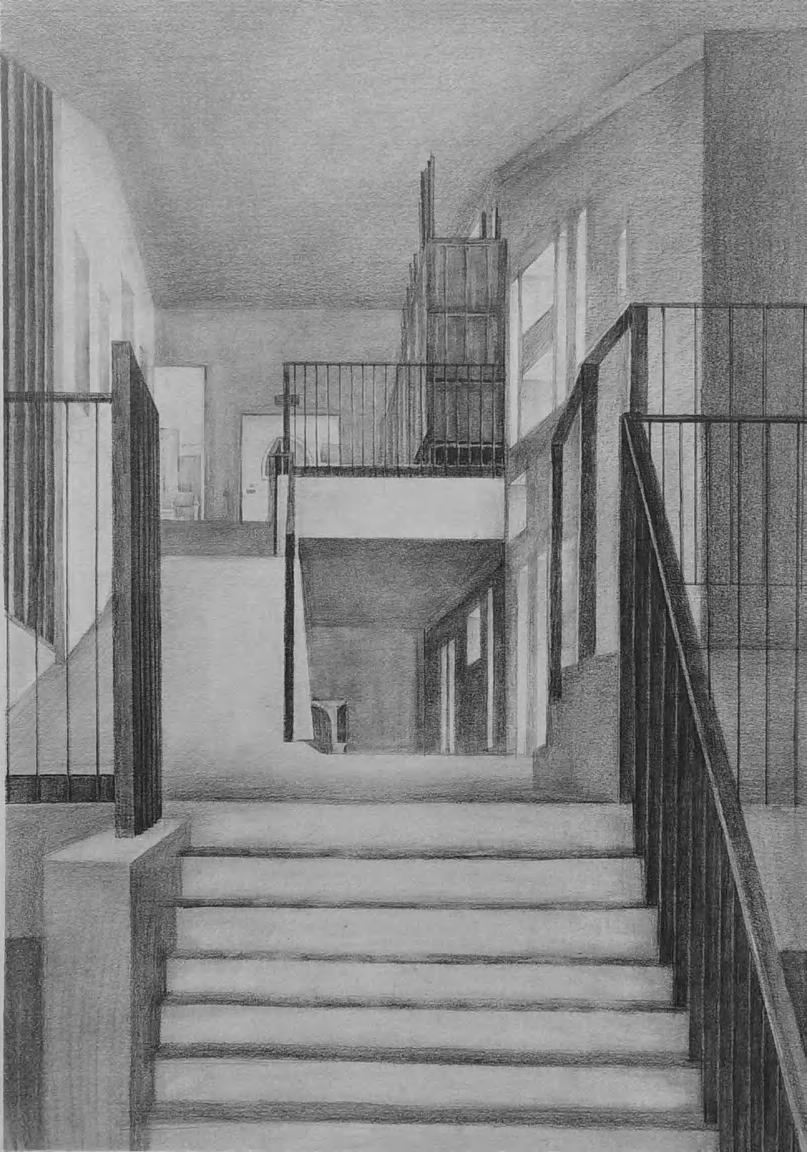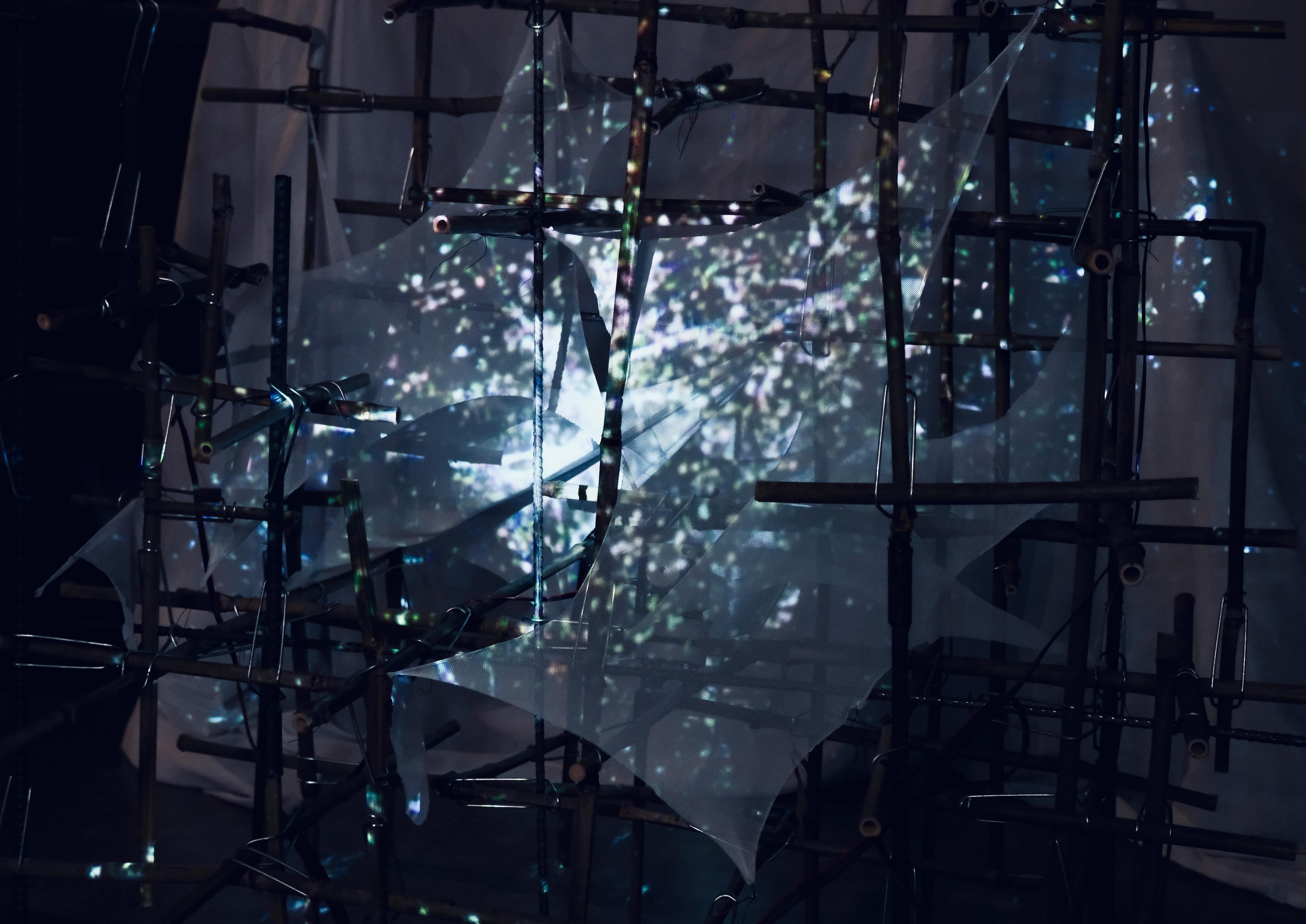
Chengdu,Sichuan,China
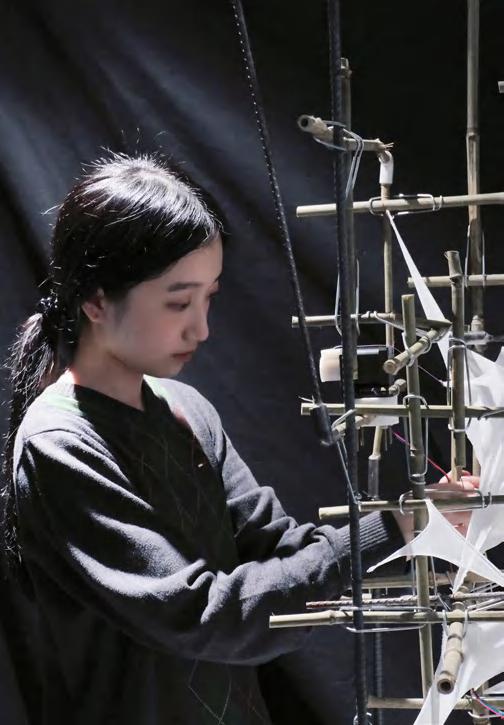
Difang Construction Survey and Design Co., LTD, Sichuan Province
Position: Intern in the Architecture and Urban Design Department
Duoduo’s Store
Volunteer, The 19th Asian Games Hangzhou
Curating





Growing
I’m
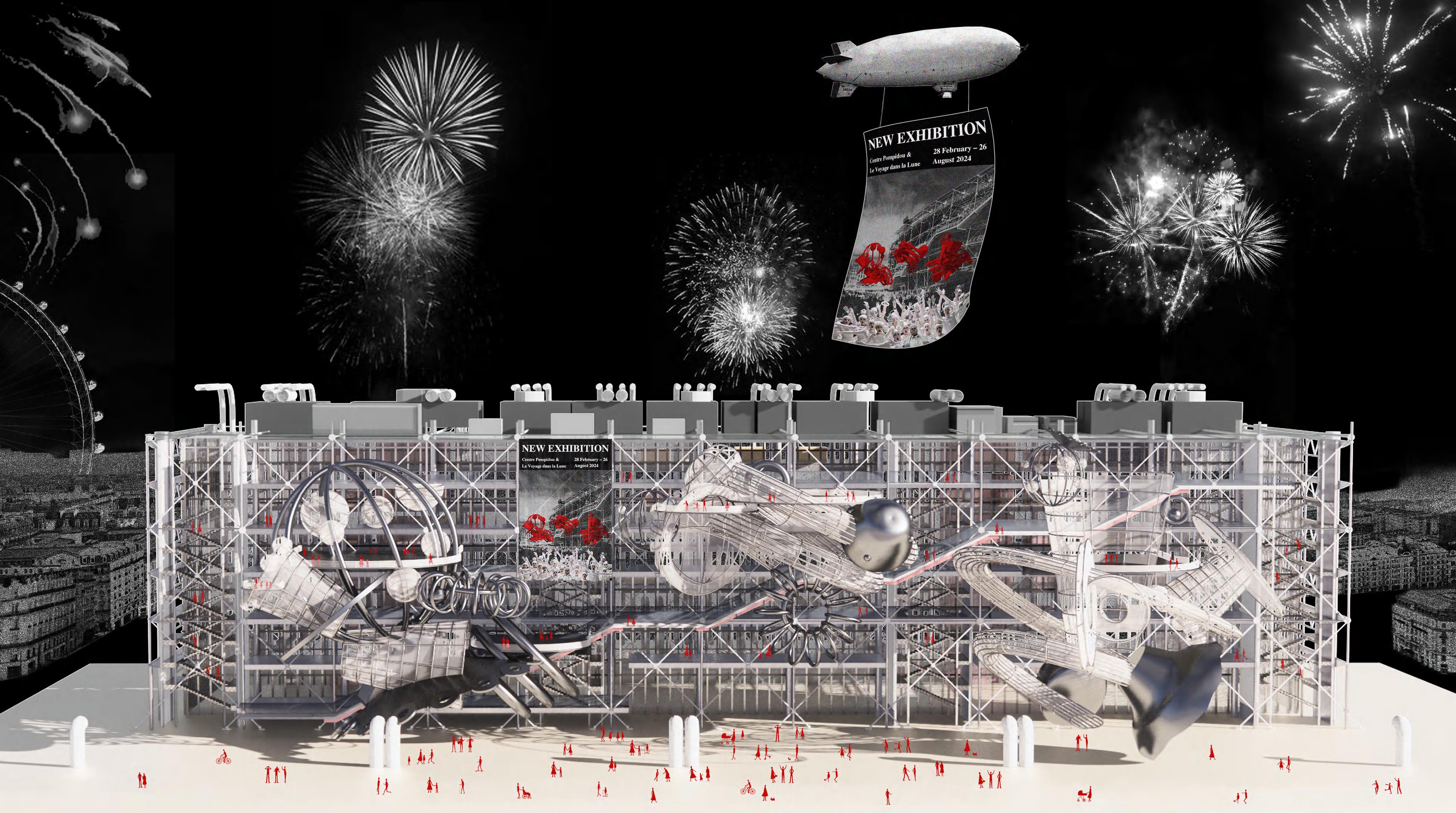


Chengdu,Sichuan,China

Difang Construction Survey and Design Co., LTD, Sichuan Province
Position: Intern in the Architecture and Urban Design Department
Duoduo’s Store
Volunteer, The 19th Asian Games Hangzhou
Curating





Growing
I’m

I intend to organise an exhibition at the Centre Pompidou on the theme of the musical Le Voyage dans la Lune. The core of the exhibition is the extraction and recreation of the geometric forms of the characters' costumes from the play. By transforming these geometries into an exhibition space, the aim is to provide an immersive experience for the audience to experience the art of musical theatre in a deeper way. INDIVIDUAL WORK

In 1969, the then President of France, Georges Pompidou, took the initiative to build a museum of modern art in honour of President Charles de Gaulle In 1971 a competition for the design of the Centre Georges Pompidou was won by a collaborative proposal by the British architect Richard Rogers and the Italian architect Renzo Piano.




The Centre Pompidou is known for its futuristic architecture, with structural features such as exposed steel-framed structures, piping and lifts, elements that are usually hidden inside the wwwwbeing boldly displayed on the outside.


In 2012, Masashi Kawasaki built a number of tree houses on the metal frame of the exterior wall of the Pompidou Art Center in France. As the closest architectural form to nature, tree houses always bring the fantasy of nature into the mind of the audience. As one of the iconic buildings of modern France, the Centre Pompidou's highly recognizable appearance and logo constantly strengthen the inherent impression of French and even European contemporary art.

Inspired by Masashi Kawasaki's design, I am planning an exhibition of Jacques Offenbach's stage play Le Voyage dans la Lune at the Centre Pompidou. The exhibition space will be distributed on the Pompidou façade, aiming to give the audience a deeper understanding of the theatre through visual display. I have fused the fantastical elements of theatre with the modern architecture of the Pompidou to create a strong visual impact.
To please his prince son, the aptly named Caprice, King Vlan sets out to travel to the Moon in a cannon-fired shell. Of course, nothing goes according to plan, and the adventure on the supposedly uninhabited planet turns into a series of situations that are as improbable as they are absurd.
C’est la fin de la
lune, en canon
2D Costumes

3D physical model
Costumes Geometry
Pendant cette reprise, Caprice, Vlan et Microscope sont entrés dans la tabatière du canon, qui se referme sur eux. — On met le feu. Détonation formidable.
Space Geometry

A Model Composed of 3/5/7/9 Models
DESIGN STRATEGY CONTENT CONCEPT Step1 Step2
Irresistible songs, funny or enchanting ballets, lively choirs. Farandole of incrediblecharacters compose a intrigue rich in peripetis that ends on a wonderful light of earth.


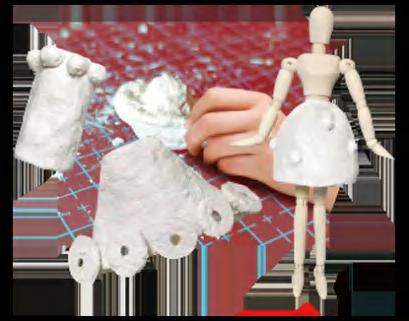



Choose the costumes of the characters. Make a plaster cast ofthe costume. Geometrize the costume. Establish solid geometry model. Combine geometric models. Meticulously choose the costumes for each character in the play, ensuring that each outfit accurately reflects the character's personality and the context of the story. Produce plaster casts of the designed costumes for better visualization of their actual appearance and structure. Process the design elements of the costumes into geometric forms, extracting basic shapes and lines
Based on the results of the geometrization, develop solid geometric models of the costumes for in-depth structural analysis and optimization. Integrate the geometric models of the individual costumes to form a complete collection of geometric models for the series, ready for further analysis and presentation.



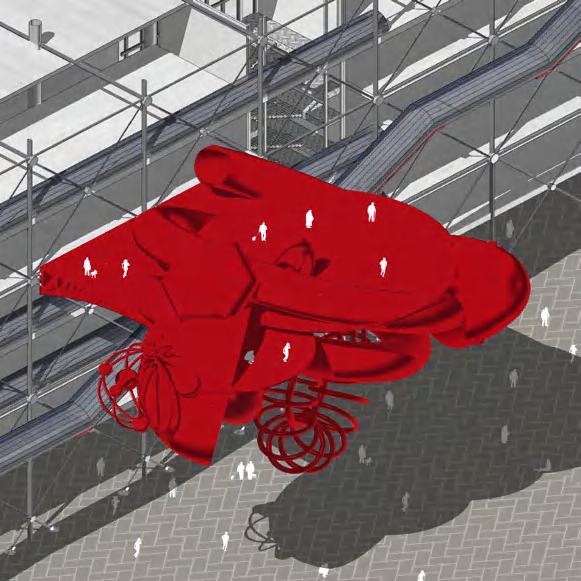





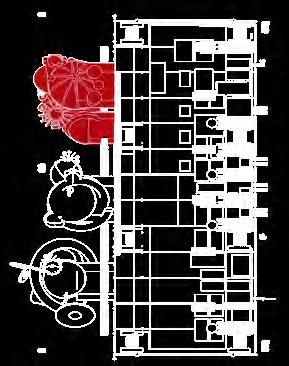
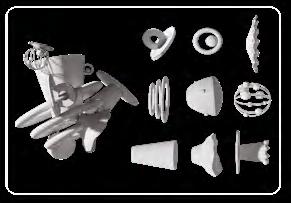
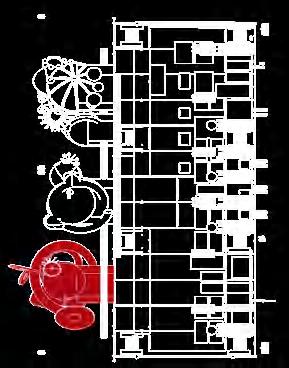




The project will create a floating theater at West Lake's Lakeside in77, based on the story of Butterfly Lovers. As one of China's four major folk love stories, Butterfly Lovers has deep cultural ties to Hangzhou. The natural beauty of West Lake aligns with the tragic emotions of the story, making it an ideal narrative backdrop. The floating theater will transform the story into a spatial experience through innovative design, breaking traditional theater boundaries and integrating modern urban elements with the natural landscape, enhancing the cultural atmosphere and boosting the cultural and commercial value of the Lakeside area.
INDIVIDUAL WORK TIME:2022.8-2023.1


Resident





Lakeside Yintai in77 is commercially vibrant, with dense tourist traffic and high volumes, especially during peak tourist seasons and holidays.

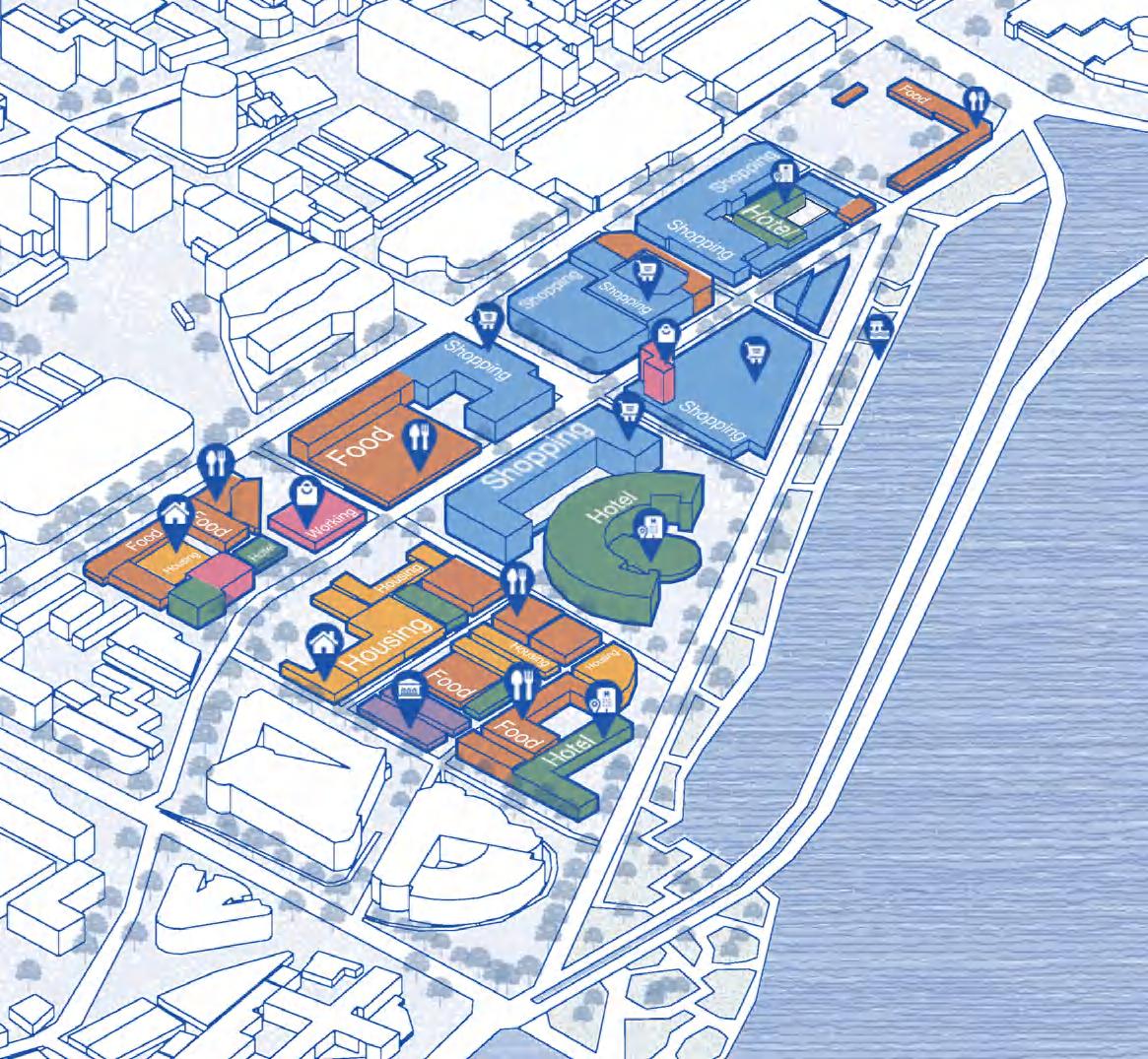



Passers-by
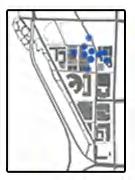
Their activities are mainly confined to the residential neighbourhood, with frequent visits to nearby supermarkets, shopping malls and other amenities.
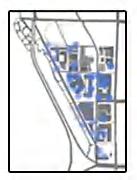
Juxtaposition Split
Visitors travelled far and wide, not only between the famous sights, but also in restaurants and shopping malls.

The activity areas of Passers-by are relatively fixed, mainly around the commercial buildings and office clusters , showing an efficient life rhythm.
Liang Shanbo and Zhu Yingtai

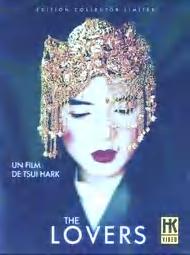
West Lake in Hangzhou has long been a symbol of Chinese culture, rich with poems, history, and legends, with "Butterfly Lovers" being one of them.
"Butterfly Lovers" is one of China's four major folk love stories, telling the tragic love between Liang Shanbo and Zhu Yingtai, who are finally transformed into butterflies to be together forever.
The geographical and narrative connection makes West Lake the ideal backdrop, enhancing the romantic and historical atmosphere of the story.

Located by the cultural and tourism hub of Hangzhou West Lake, the floating theater designed around the story of "Butterfly Lovers" transforms the story into a spatial storytelling experience. Through innovative design, the theater integrates with the surrounding modern urban environment, breaking traditional theater space limits, enhancing the emotional tension of the story, and boosting the cultural appeal and immersive experience of the Lakefront area.

Zhu Yingtai, dressed as a man, convinces her father to go to Hangzhou to study.
SPACE TRANSFORMATION: FROM 2D- 3D



Zhu Yingtai meets Liang Shanbo on her way to study. The two of them talk to each other and become brothers on the Caoqiao Pavilion, starting their schooling career.

The two are inseparable and spend three years studying together. Zhu Yingtai develops deep feelings for Liang Shanbo, but Liang Shanbo never knows Yingtai's true identity.
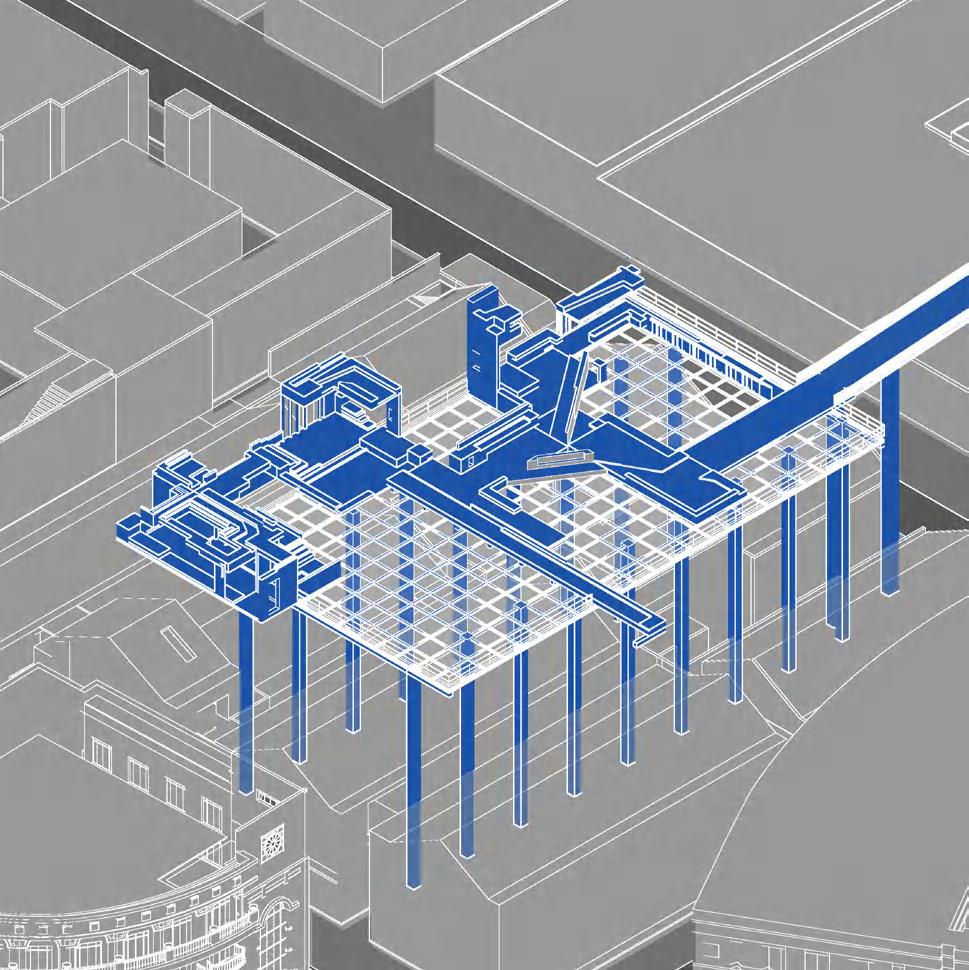





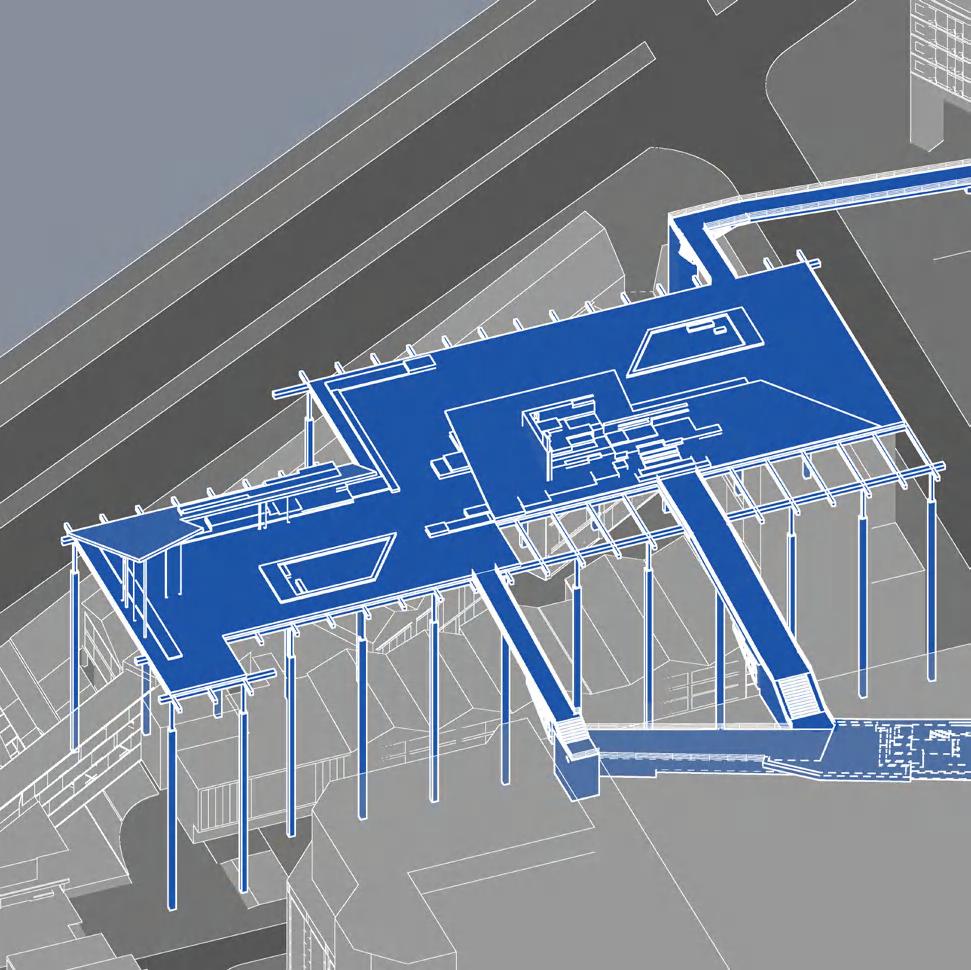







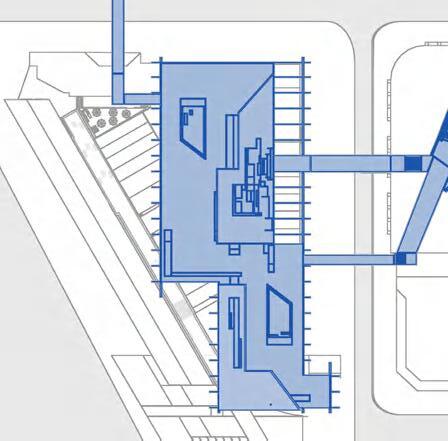
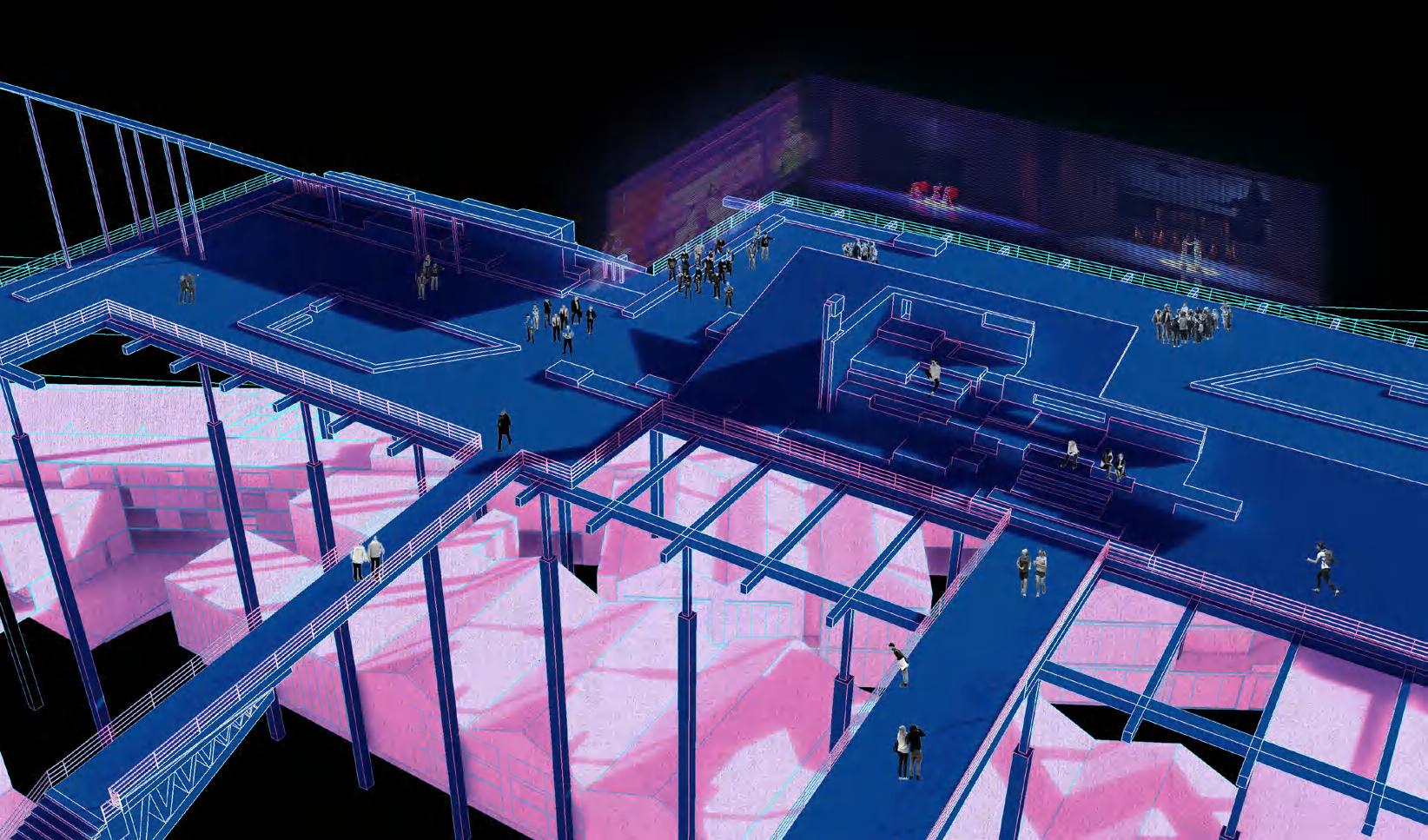

Zhu has to go back to her hometown due to her father's urging. During the eighteen-mile farewell journey,she hints at her love many times, and finally lies that she has a sister at home who is willing to be a matchmaker for Shanbo.



Unable to propose due to poverty, Liang loses Zhu to Ma Wencai. They meet on the terrace, part in tears, vowing eternal loyalty.
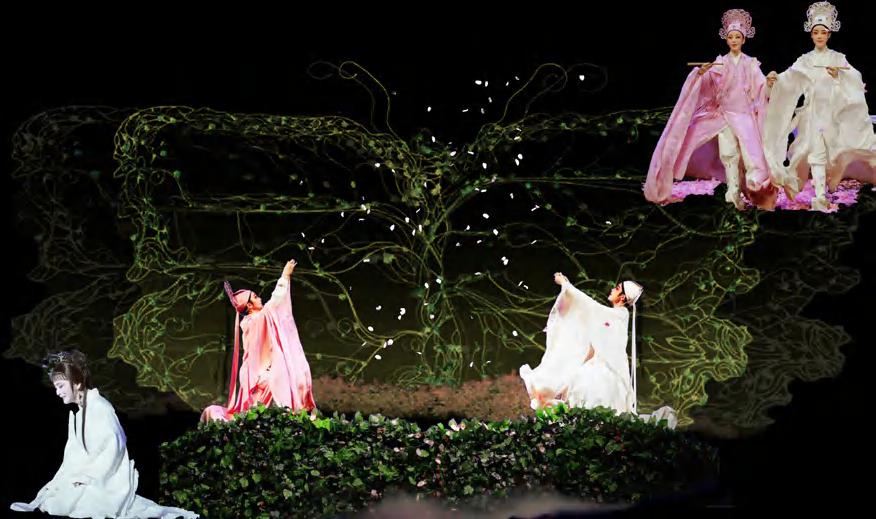
Zhu Yingtai, upon hearing of Liang Shanbo's death, leaped into his tomb, and they transformed into butterflies, their love praised for millennia.
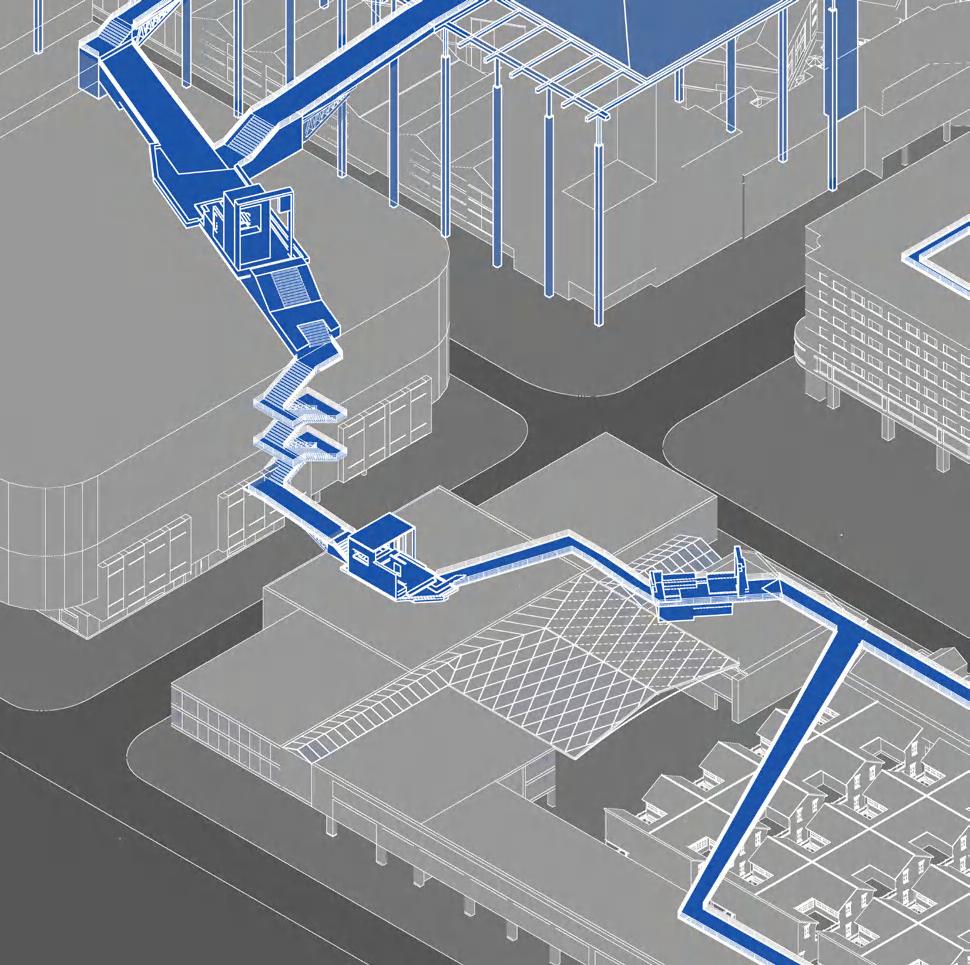

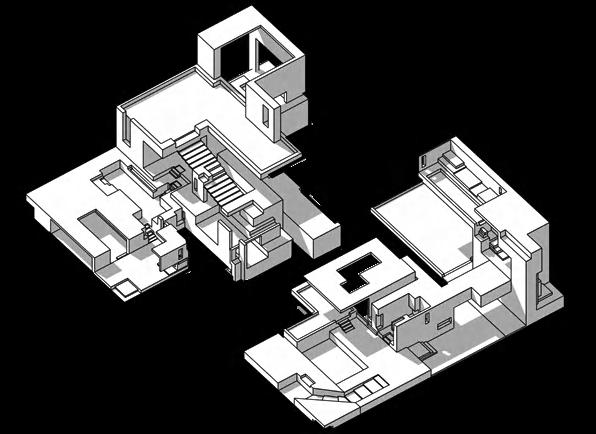

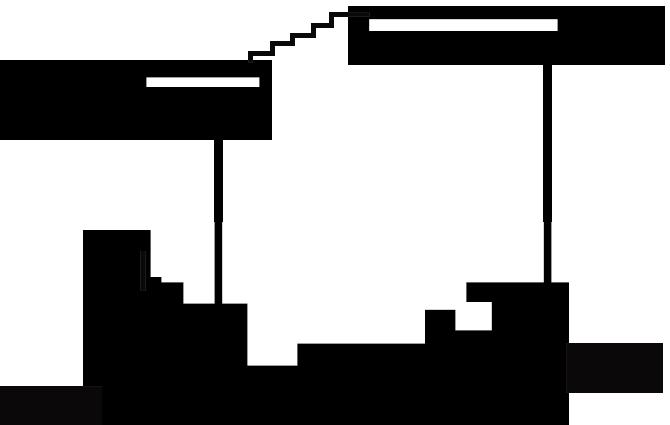


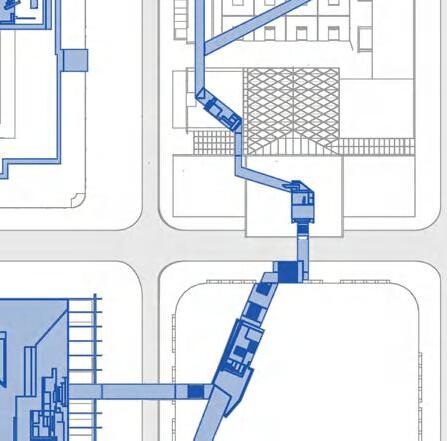

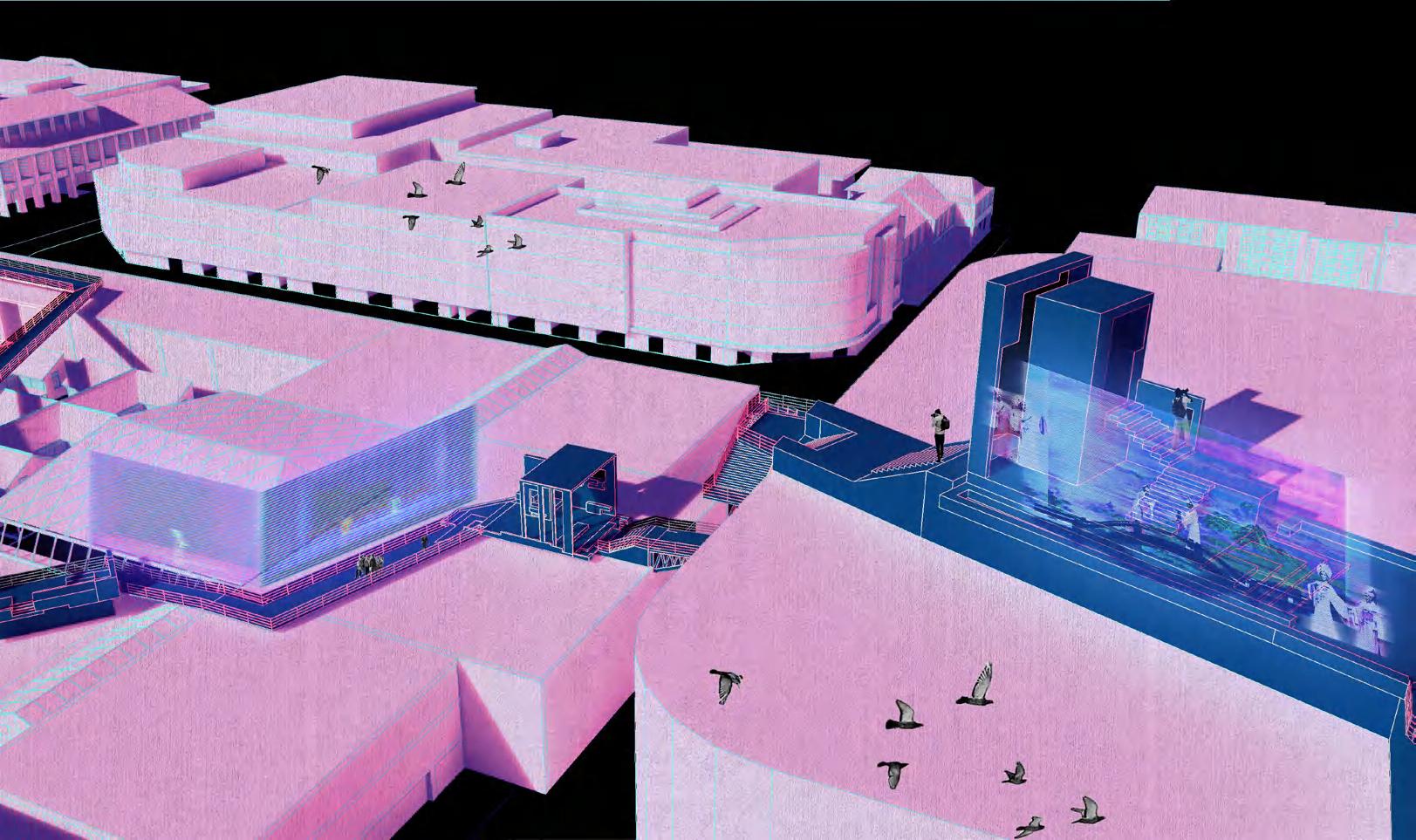







The rapid pace of urbanization has led to increasing homogeneity among cities worldwide, often diluting their unique cultural and historical characteristics. This project seeks to explore and understand the distinct identity of Chengdu amid these transformations. By examining the city’s blend of homogeneity and uniqueness, alongside the shifts that have shaped it, we aim to reveal Chengdu’s evolving essence. Through realtime interactive experiences, this project will enable participants to engage with the city’s dynamic development, fostering a deeper appreciation of Chengdu’s unique identity within the context of global urban trends.
Video Link : https://youtu.be/Vkoa63dF2dI?si=OgjfflBRNZXbn7yW INDIVIDUAL WORK
2024.7-2024.10
:INTERACTIVE INSTALLATION, PROJECTION
50*100*100 CM
Urban homogenisation has been a hot academic topic in recent years.
Nature portfolio focuses on the question How do we stop the homogenisation of cities? Planners need to quickly master unique patterns of urban development that reflect regional history, ecology and culture to preserve global diversity.

When I realised the problem of urban homogenisation, I realised that my hometown Chengdu does resemble other cities in some ways. But as a native of Chengdu, I want to be able to let others feel the unique cultural temperament of Chengdu. That's why I chose Chengdu for my research.
#urbanisation&homogeneity #experiences #dynamic change


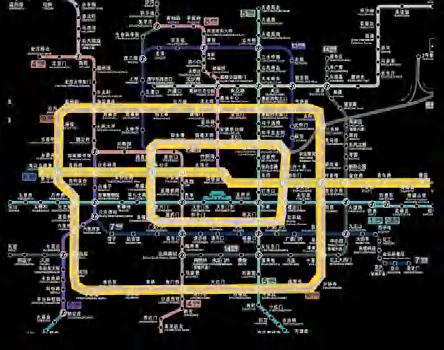
Similar railway route planning
Similarities in urban planning


Similar street greenery
street interfaces

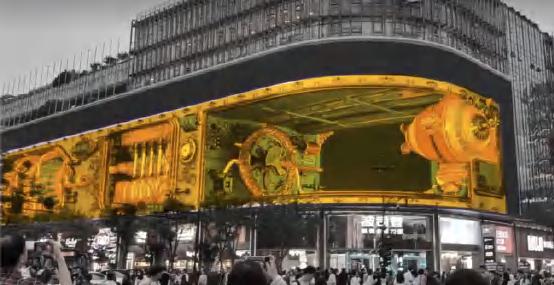
Similar attraction screens
urban characteristics


city skylines
modern urbanism
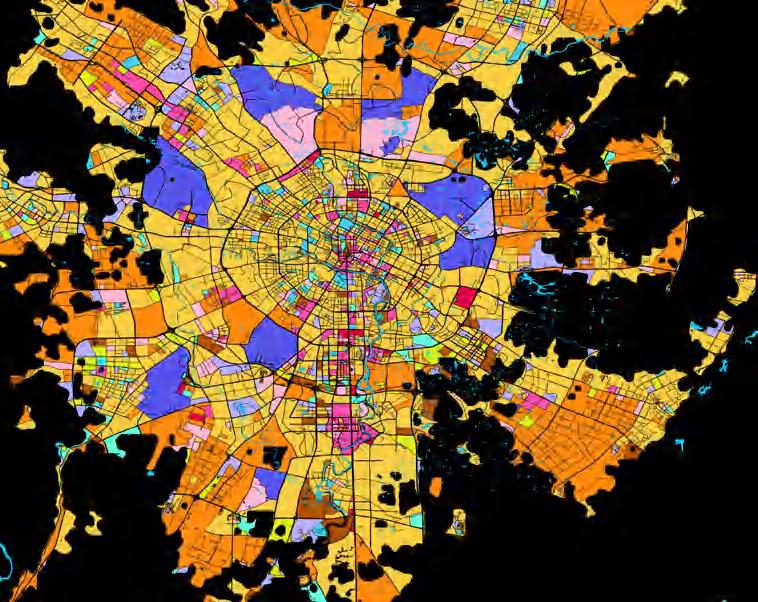

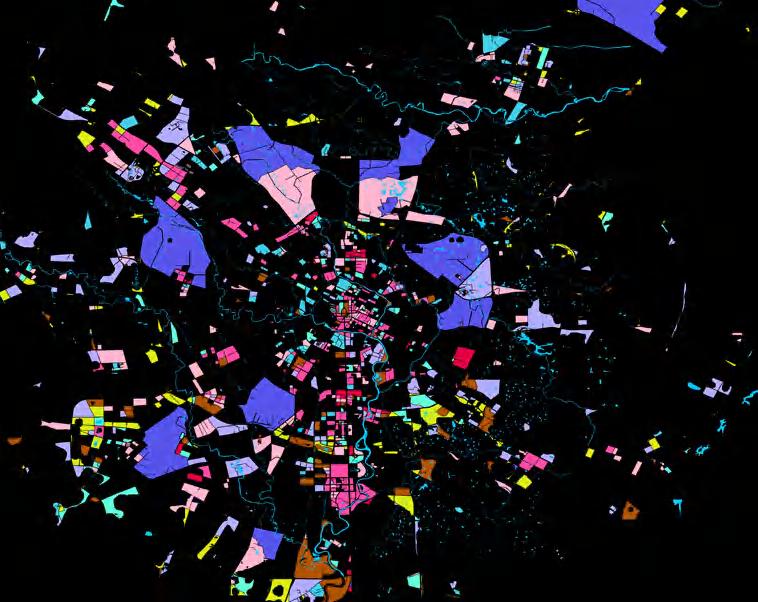

Although modern urbanisation has made Chengdu similar to other cities in some ways, it still maintains a unique character and charm. This juxtaposition of homogeneity and uniqueness has sparked my interest in further digging into Chengdu's history and changes.



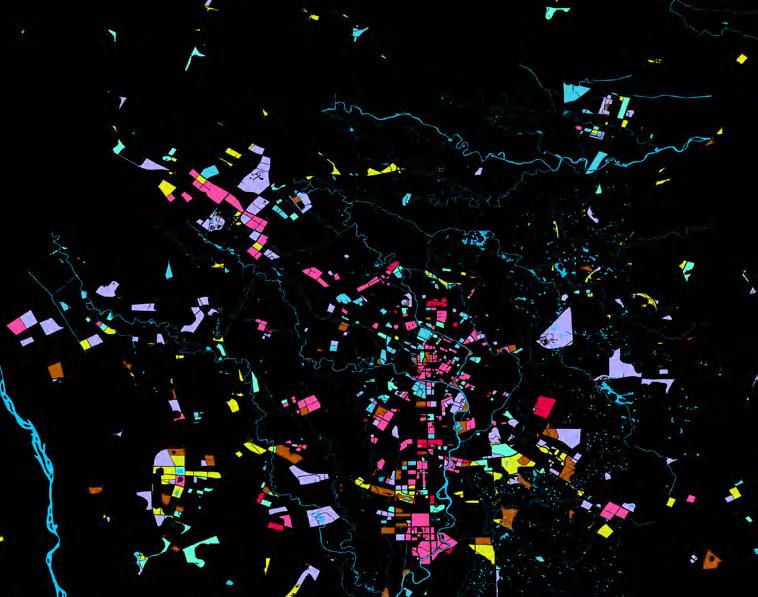







This project will look at the historical road system, urban architecture, and population to construct a dynamically changing city.
Through this project, I hope to provide new perspectives and thoughts on Chengdu's cultural heritage and urban development, as well as a window for people interested in Chengdu to gain a deeper understanding of the city.
THE UNIQUENESS OF CHENGDUE
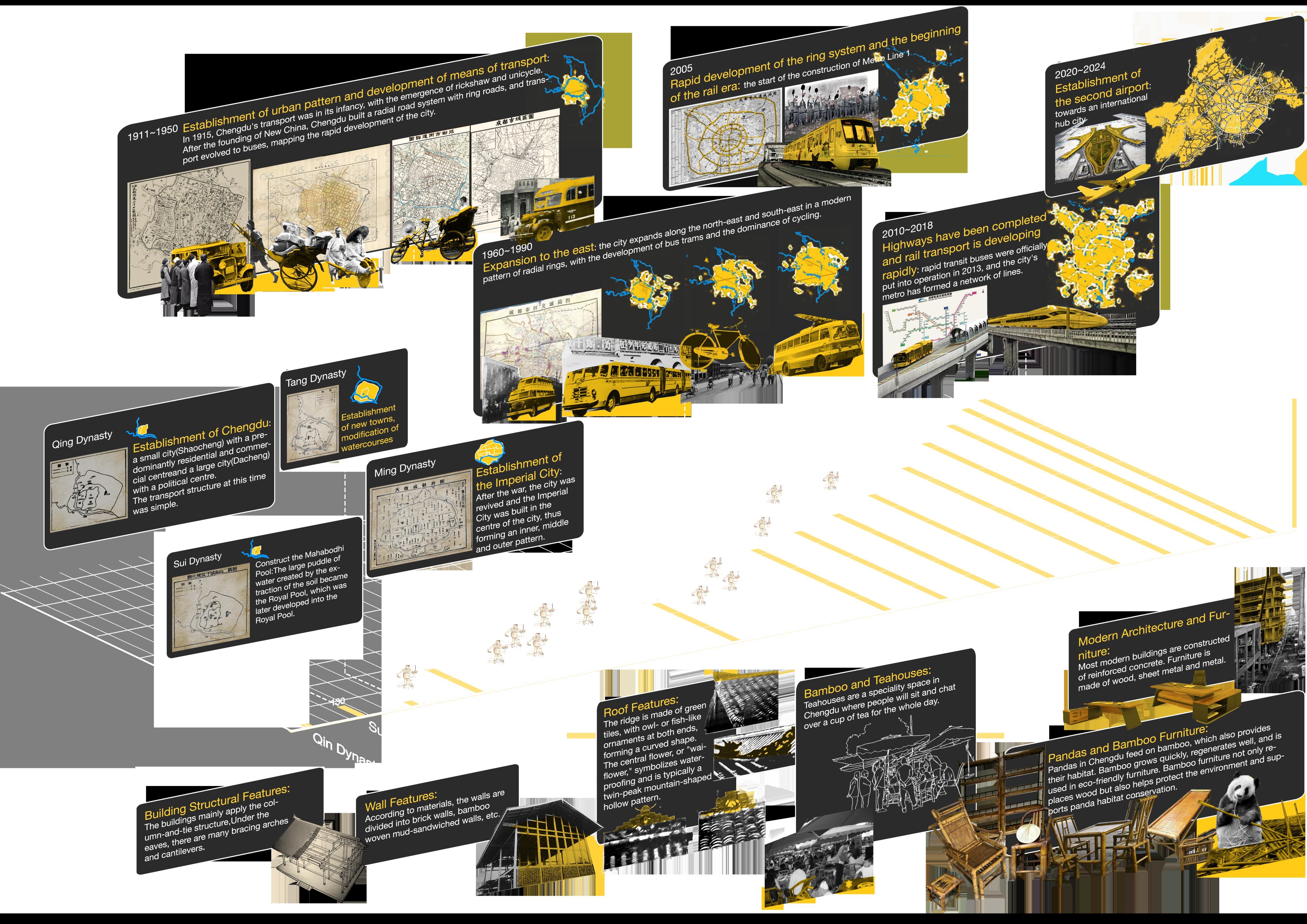


Bamboo symbolizes resilience and flexibility in Chinese culture, often associated with an anti-urban philosophy. In the story of the Seven Sages of the Bamboo Grove, they retreat from the noise of the city, living peacefully in bamboo forests, embodying detachment from complex social relations and a return to nature. Thus, using bamboo in this project not only respects tradition but also reflects this anti-urban spirit, creating a space in harmonious coexistence with nature.




In Bourgeois' work, weaving and fabric symbolize the fragility and complexity of life. Through sewing and hanging, she transforms fabric into a vessel for emotion and memory, representing dependence and conflict between people. The imagery of the spider's web reflects not only motherhood and protection but also the fears and constraints of existence. Fabric and weaving serve both as a means of resisting "falling" and as a tool for exploring the relationship between humans and the world.
I want to design an interactive installation showcasing Chengdu's urban evolution, from its earliest form to modern urbanization. It should be dynamic and interactive, allowing visitors to engage with the city's heritage and transformations, fostering a deeper understanding of Chengdu.
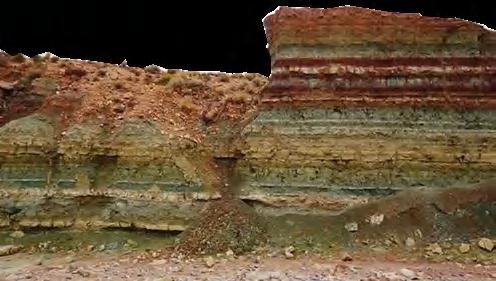

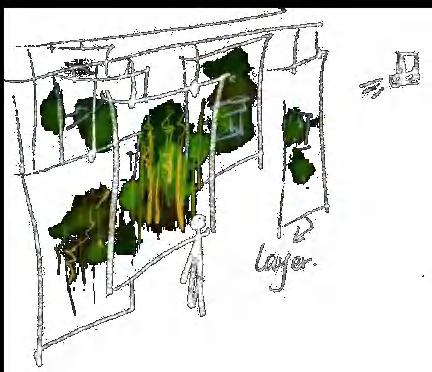
Since scrolls are not easy to realise, we found new inspiration from the bamboo chairs in Chengdu's teahouse, where the historical scrolls are arranged in the form of bamboo chairs, so that people can feel the changes of the city in

Inspired by geological layers, different layers represent different histories. Each layer is extracted in the form of a scroll, and different scrolls have a specific historical pattern through projection, and a person controls the length of the scroll, as if the historical scroll is unfolding.
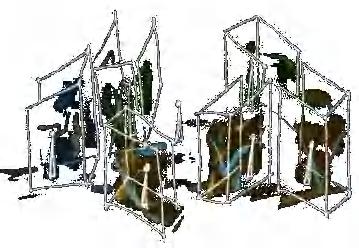

Ancient bamboo furniture and contemporary steel buildings are used as inspiration to build the framework of the city, in which water, light and fabric are used to represent different angles of the city, which can be manipulated by human hands.

The dynamic visuals and elastic fabric expand in response to the audience's gestures opening the arms.


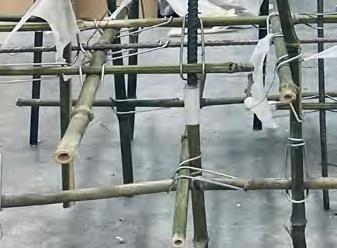


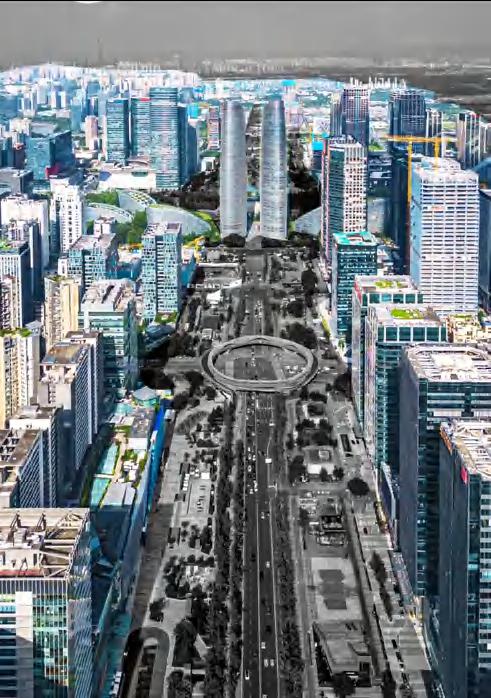

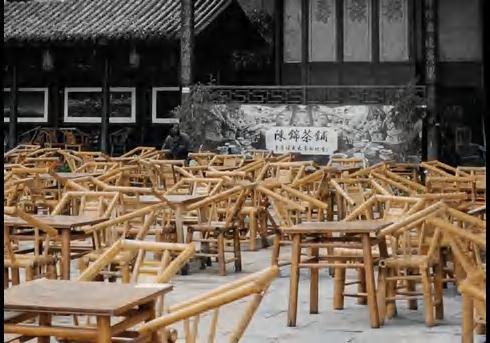

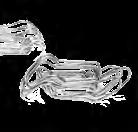

Rebar represents modern cities, where urbanisation has seen a proliferation of reinforced concrete buildings replacing traditional bamboo buildings.


Bamboo represents the most primitive city, and is the most commonly used material for everything from ancient furniture to architecture.
GESTURE CONTROL



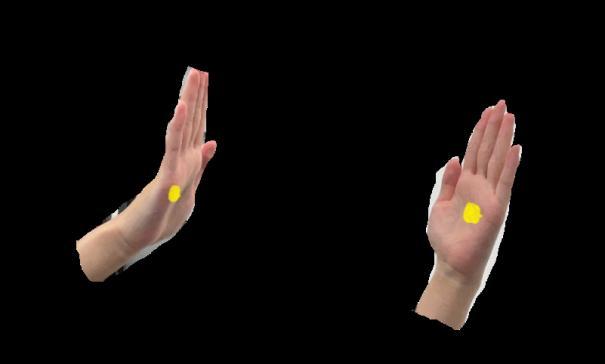
The hand can be used as a tool for communication, and in the installation the hand represents a person interacting with the city.
The distance between the hands is used to control the moving image and mechanical movment of the installation, which represent city’s expansion and "breath," simulating its growth and rhythm.
REAL-TIME IMAGE PROJECTION MECHANICAL MOVEMENT

Use particle motion to represent urban traffic.

Use glowing dots to represent population and buildings


Fabric symbolizes the tension between people, representing both dependence and connection, while revealing restraint and fragility, reflecting the complex emotions and conflicts in human relationships.


Control the state of the installation with the distance of your wrist
Real-time Image Gesture Control ARDUINO
Mechanical Movement

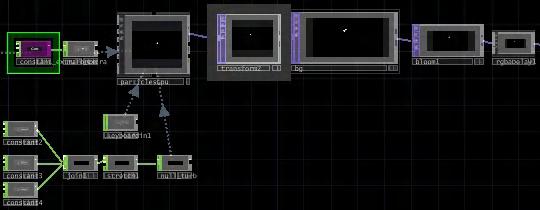
Data from Leap Motion controls the Particle vortex effect with particlesGpu







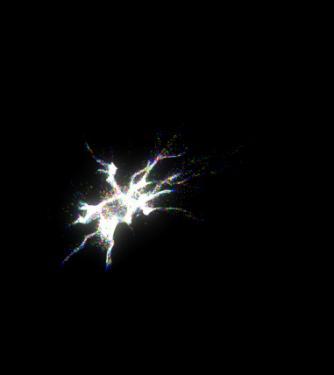


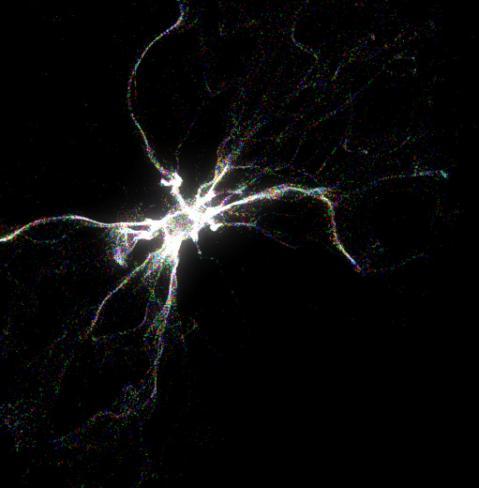
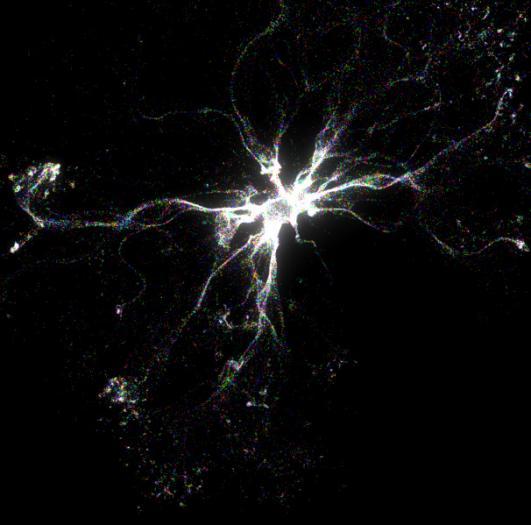
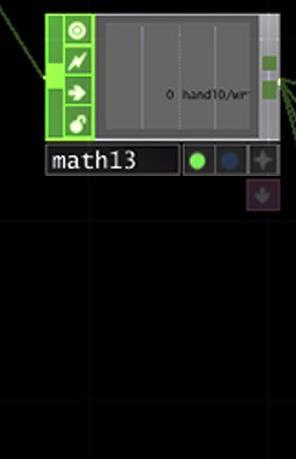
Data from TD to Arduino controls the operation of four motors to stretch the fabirc.
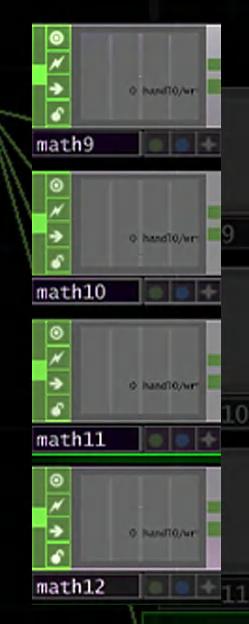





MATERIALS BUILDING PROCESS






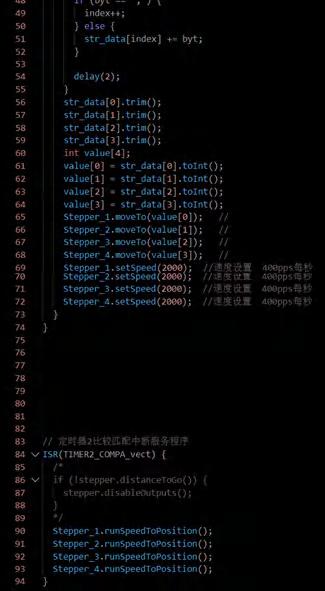





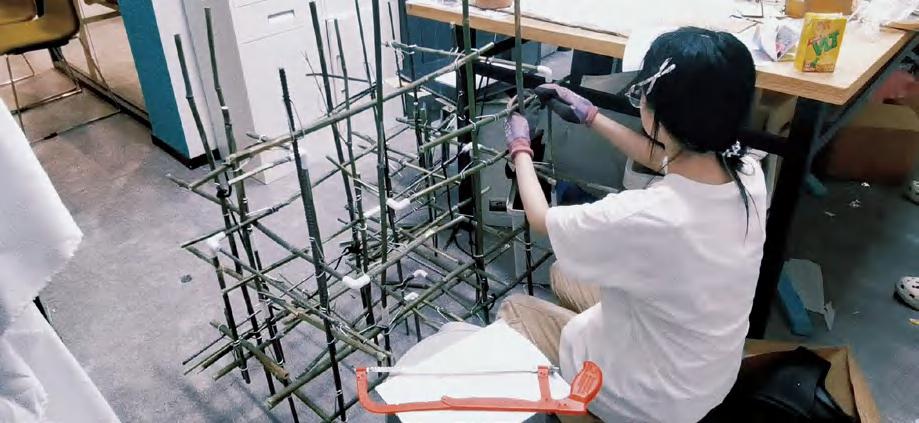



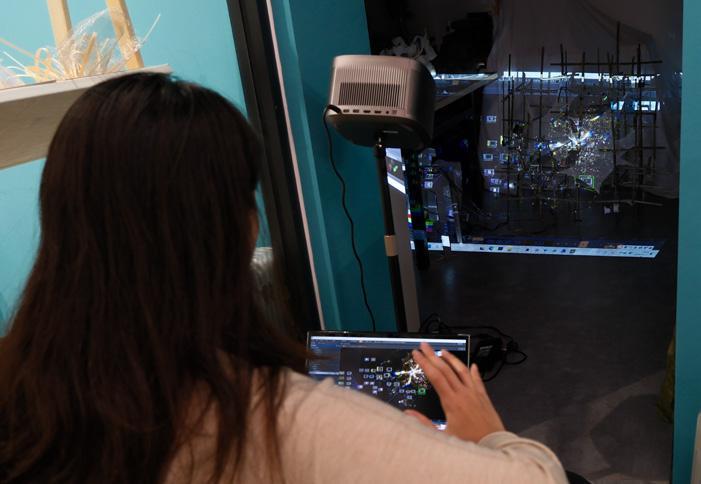
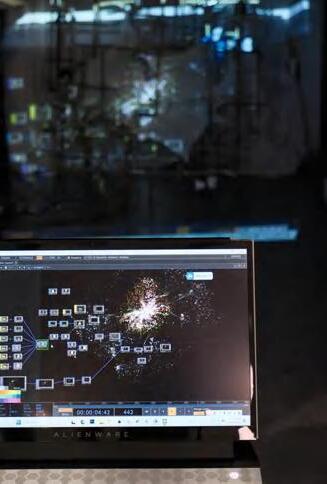


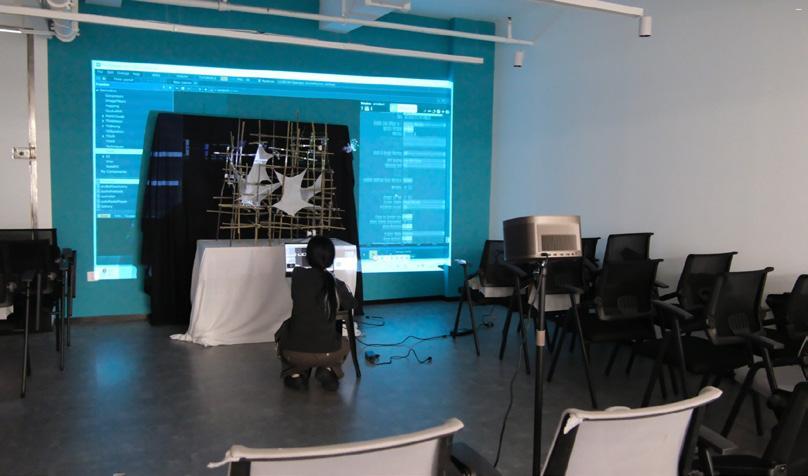







People who were invited to experience the installation marvelled at the dynamics of the projections and fabrics, and are looking forward to updates to the installation.
In the future, I will add more layers of materials, which will represent other layers of Chengdu's character, and these layers will remain dynamic.
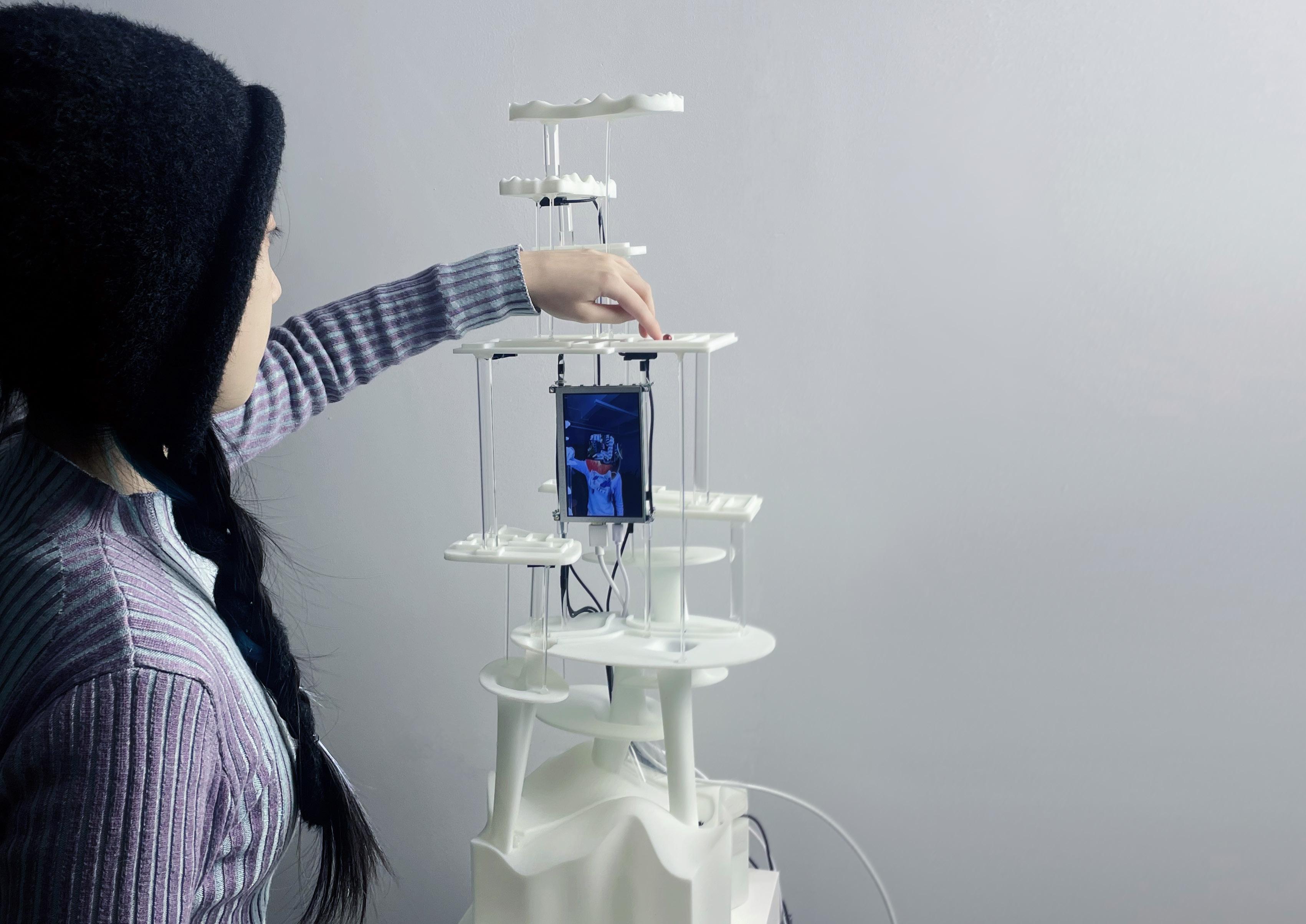
Video Link : https://youtu.be/AIg3pQVRfs8
People strive to align their authentic identity with the roles that society expects them to play, they may lose sight of who they truly are. These external definitions, while essential in social contexts, can overshadow the complexity of individual identity and create a barrier between a person’s essence and the image they project. This project seeks to provide an experience for users to confront and shed these societal layers. By symbolically stripping away the labels that society has imposed, the experience encourages users to reconnect with their innermost selves, fostering a deeper understanding of their authentic identity beyond the roles they occupy in society. Through this process, participants are invited to reflect on the fluid nature of identity and how it can evolve independently of the confines set by age, social standing, or profession.
INDIVIDUAL WORK TIME:2023 12-2024.2
:INTERACTIVE INSTALLATION SIZE:25*25*75 CM
Population Age Percentage
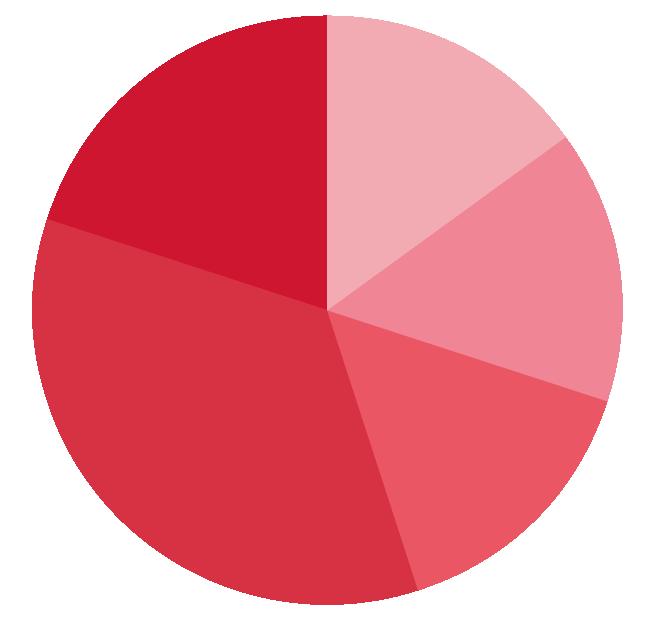




Existential crisis is a universal phenomenon that spans different ages and affects an individual's self-orientation.
In the process, individuals are often strongly influenced by their external environment and struggle to establish their own existential meaning.
This search for and confusion about the meaning of life is persistent and difficult to eliminate.





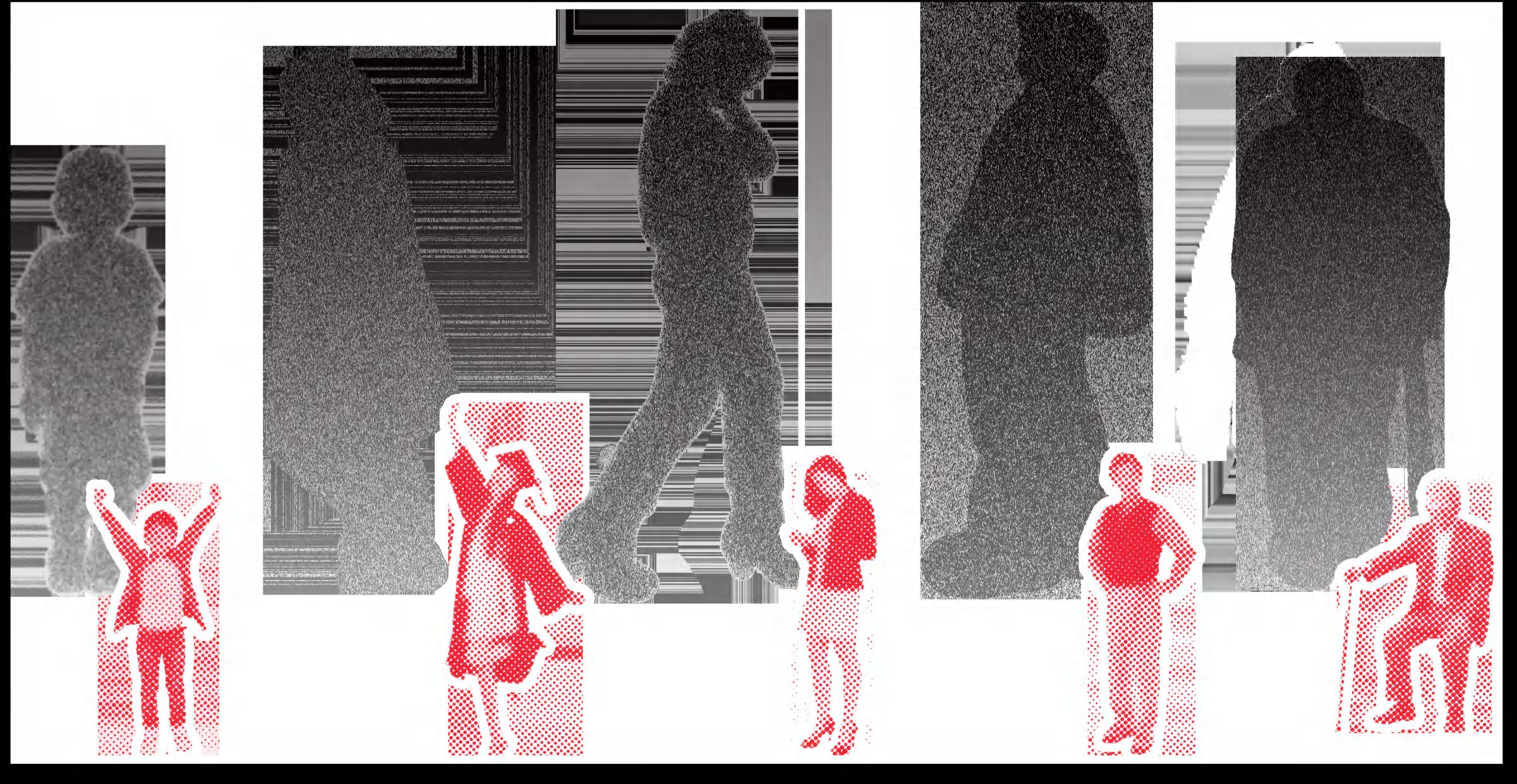
Society shapes us with labels based on age, social identity, and profession, often imposing expectations that lead to confusion and a loss of self. These external definitions create an existential crisis, as we struggle to align our true selves with the roles we're assigned.
Through self-awareness and introspection, we bravely face confusion and challenges, strip away the external framework, regain our innocence and true self, transcend the crisis of existentialism, return to the essence, establish our unique value and social orientation, and realize spiritual freedom and solid self-identity.
Philosophers hold different views against existentialism.


Life is not a problem to be solved but a phenomenon to be experienced.

There are no eternal facts, as there are noabsolute truths

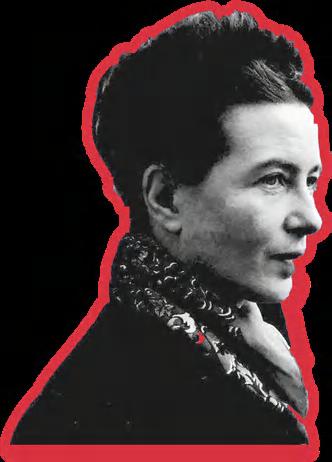

One is not born, but rather becomes, a woman.


Why are there beings at all, instead of nothing?
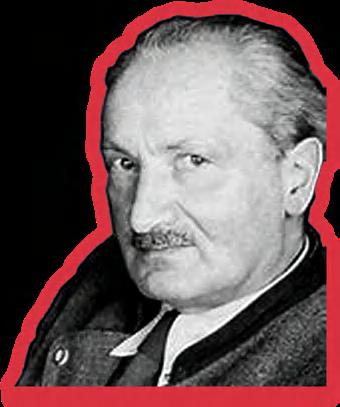
Existence precedes essence.

Life is all about how we deal with the absurdity of life.


Using Sartre’s “existence precedes essence” as an experiential response to today’s existential crisis. It aims to alleviate individual dilemmas, reconsider the complexities of self and social identity, and explore the roots of anxiety.

Society imposes labels based on age, social identity, and profession, leading to confusion, loss of self, and existential crisis.
This project helps users shed societal layers, symbolically stripping away these labels. Through immersive experiences, users reflect on their identity, gradually reconnecting with their true selves and alleviating existential anxiety.


The Son of Man delves into identity and ego. The apple obscuring the man's face symbolizes how societal labels conceal yet define individuality, reflecting the mystery of self and identity. The painting captures a narrative of confusion and uncertainty, much like the maze of life— illustrating how human existence can often feel disorienting and filled with unanswered questions.
This questionnaire collects imagery associated with Ego, Identity, and Personal Image, as well as the connections between these three aspects. Ego is represented through symbols like seeds and masks, reflecting inner self and emotions. Identity relates to social roles such as school and work, while Personal Image captures how others perceive you through labels and lenses.
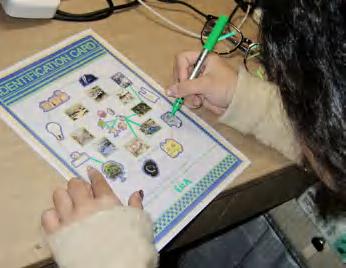

Sample Implementation

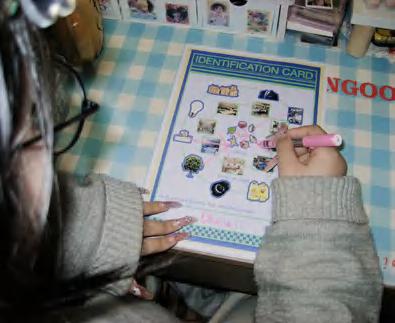



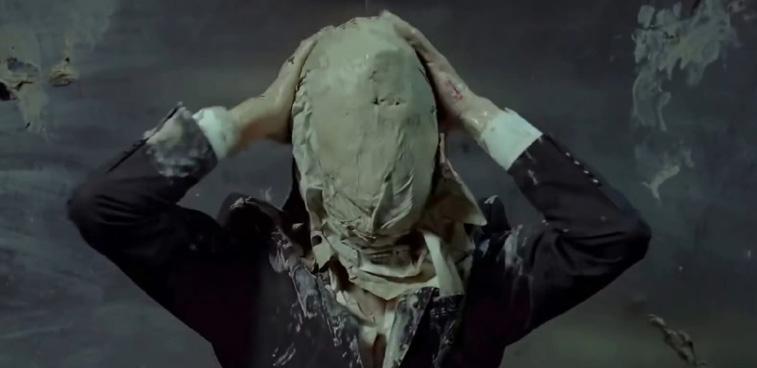
In this performance, Olivier uses clay to cover and reshape his face, symbolizing a reshaping of self. He continually transforms his facial features through his hand movements, with each change influencing and being influenced by his sculpting gestures. This dynamic interplay highlights the intricate relationship between the act of shaping, self-perception, and identity.
Using concrete imagery to convey abstract concepts is a common technique. I aim to transform the three subjects of my project— Identity, Ego, and Personal Image—into specific visual representations to explore and interpret their relationships and the process of returning to the true self. Additionally, through spatial interaction or performative acts, I will illustrate their hierarchical relationships, making philosophical concepts tangible and experiential.
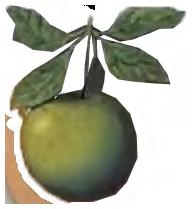
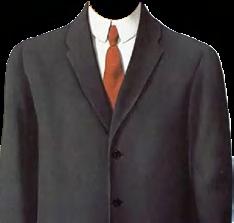




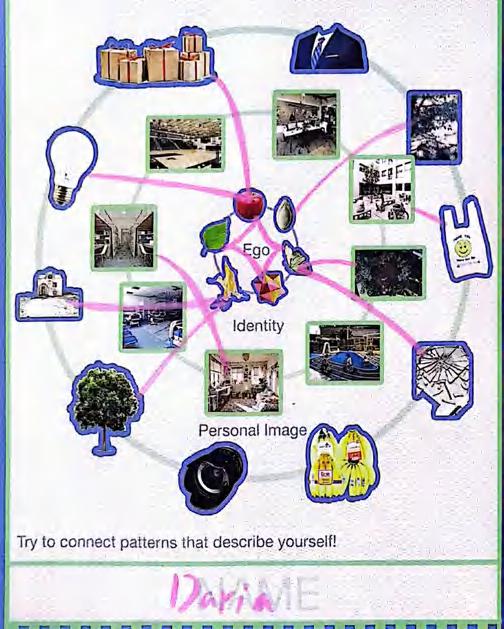
I collected 30 questionnaires and compiled the results below:
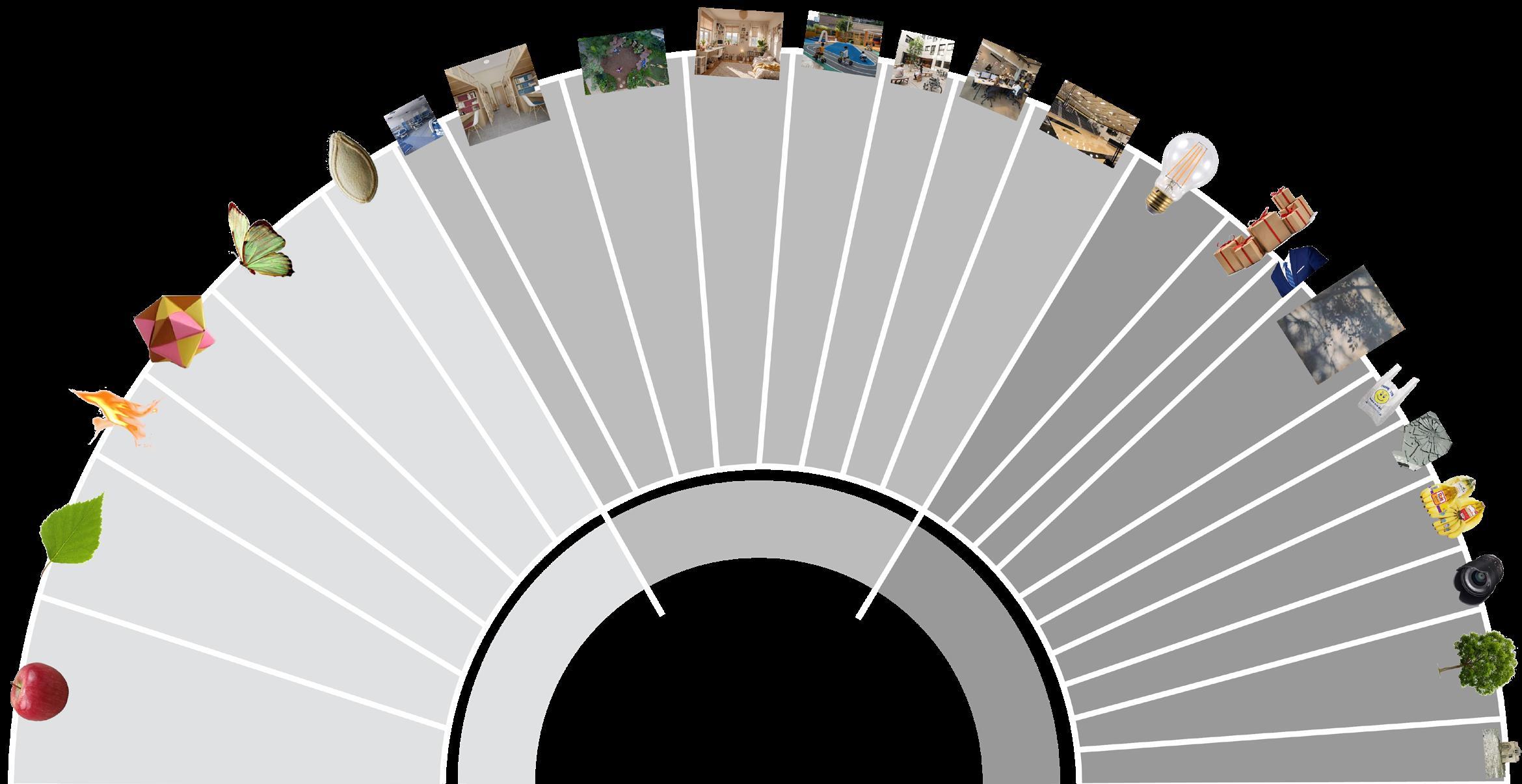
Summary
Statistically, the apple was chosen as the ego, the home, school, workplace, and hospital were chosen as the social identity, and the packaging Bag was chosen as the personal image.
This project revolves around the concept of the ego, so I intend to use it as the primary structural focus. Through a series of interactive designs, I aim to express how the ego generates labels at different stages of life, and how these labels subtly shape the ego over time. I believe a three-dimensional hierarchical form would effectively depict this progression.

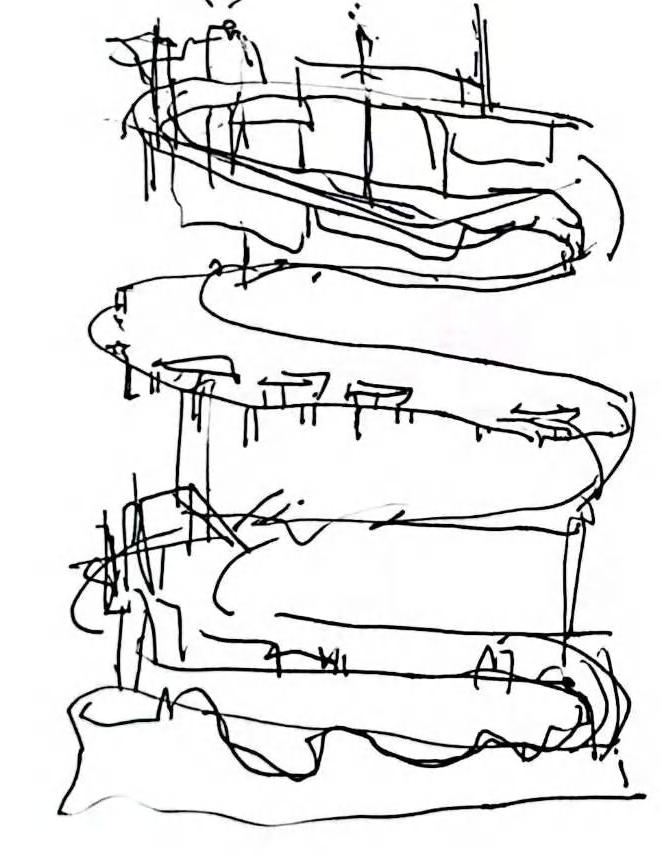

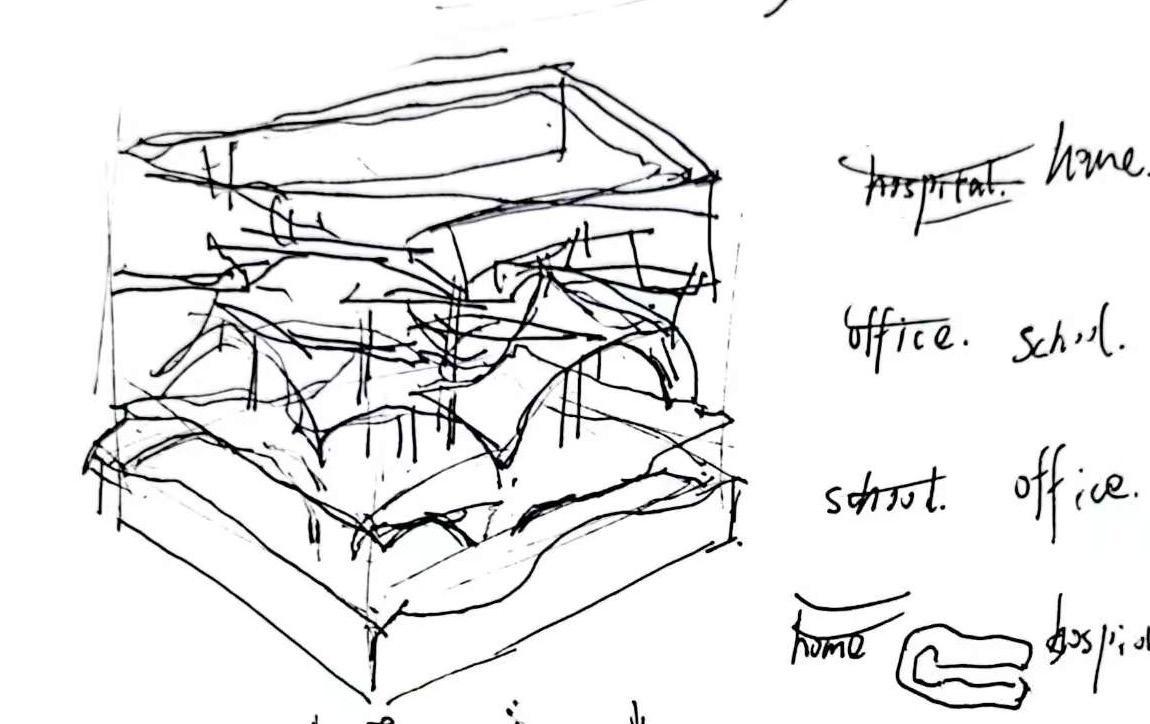



The open space of the 'steps' allows users to freely choose their position, reflecting on relationships between people, space, and others. Breaking traditional spatial constraints, it aligns with the idea of ‘stripping away social labels and returning to the self.’ Through interaction and immersion, it helps individuals rediscover their position and ease the identity anxiety and existential crisis caused by social expectations.

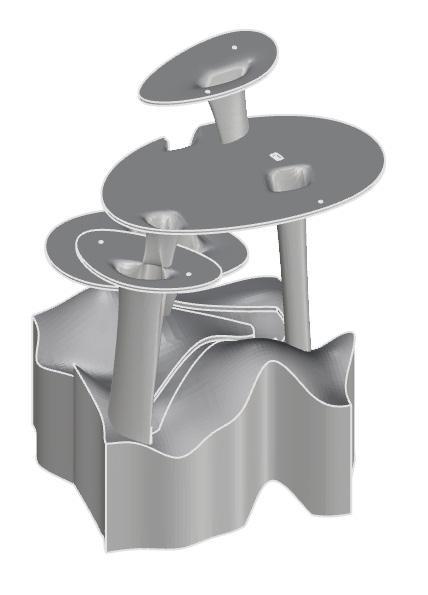


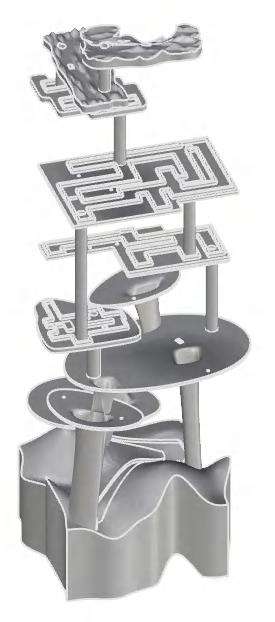
This interactive experience uses a maze to explore four key social identities: home, school, workplace, and hospital, corresponding to childhood, youth, adulthood, and old age. Players navigate the maze in reverse, retracing their life from old age to childhood.
The aim is to shed societal roles and return to an unaltered childhood self. By revisiting each life stage backward, players reflect on how their identity has evolved and reconnect with their true essence, free from external labels.
With age, the body and mind lose vigour and strength. Shapes are no longer as defined and solid, and the signs of age gradually become visible.
Entering society and the workplace, all aspects of life are regulated by social roles and responsibilities, and the shape begins to become clear and have fixed boundaries.



The mind and body grow rapidly, not yet fully formed, but full of life and infinite possibilities, and outside influences begin to work, but are not yet fully bound.
Outside influences in early childhood are relatively mild and accommodating, with no set shapes or limitations.
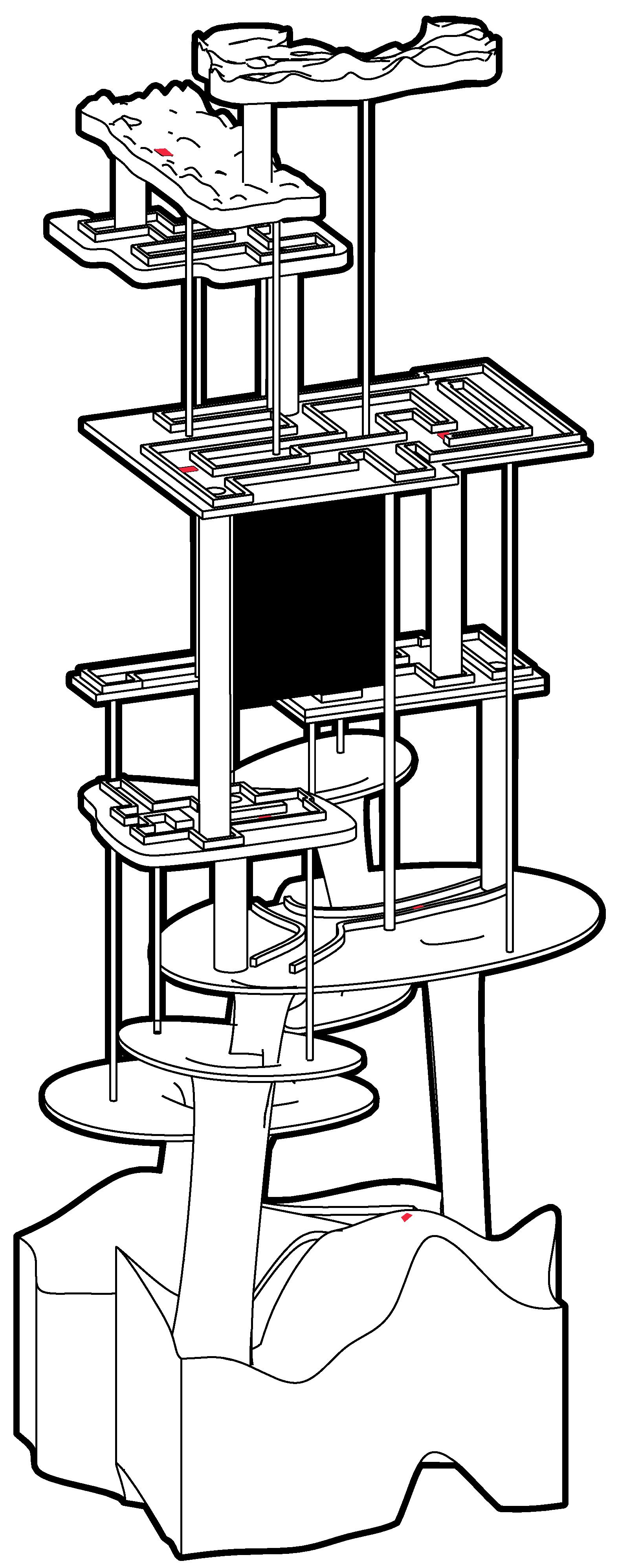
The hand pushes the bead which represent the participant as they move through the maze.

kineck recognises faces and senses, making apples and stickers follow their movements

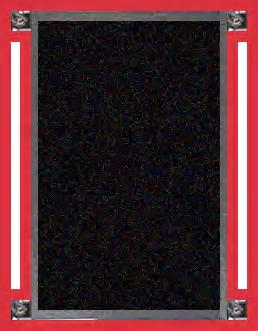


The screen shows an apple and stickers covering the person's face.
26*20*7 EE-SPYX01
The sensor detects a blockage of its infrared beam by a bead.

Step1
Enter maze
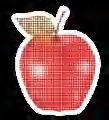
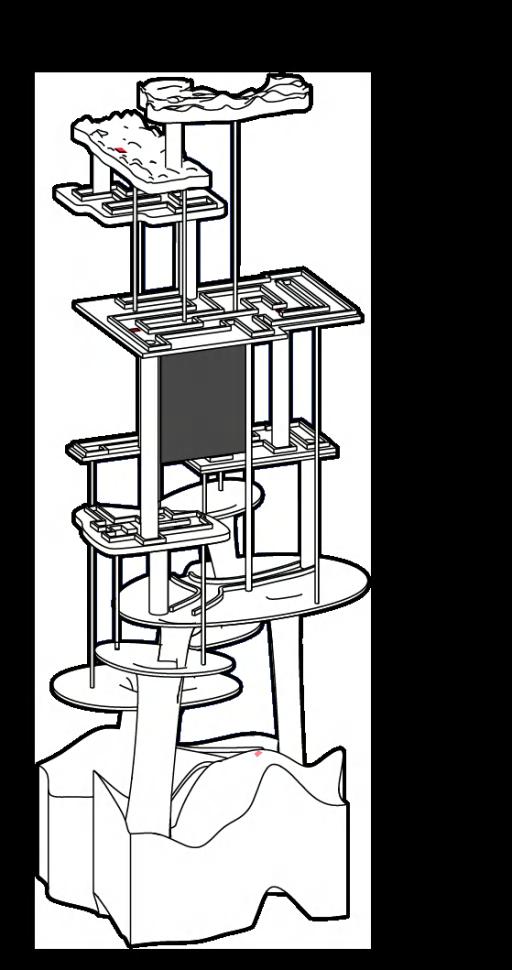
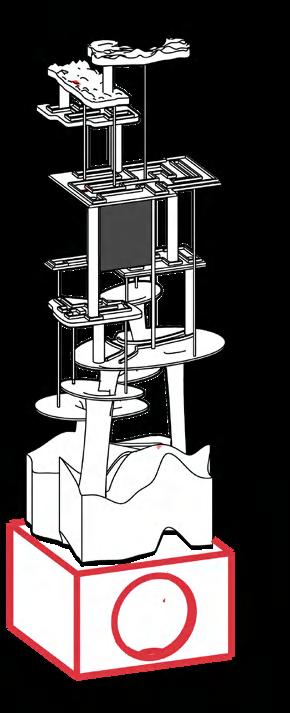
Step3

The maze symbolises the chaos and disorder in life, where all the confusion and uncertainty are intertwined to form existence itself.

Step2
Get package fragments
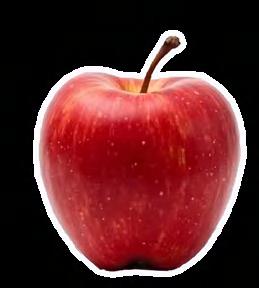




The package fragments are collected at the nodes of the labyrinth to represent the existential crises of different life stages, with each fragment mapping the feelings and confusion of a different time.
Take the apple out of the carton
The bead goes to the end of the maze and the player removes the apple wrapped in the same package as the screen image from the cardboard box.
Step4




Tear open the package and eat the apple

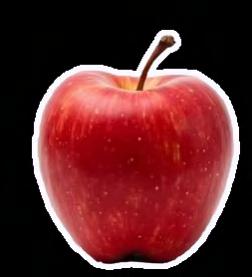












The act of tearing open the package and eating the apple represents the experience of capturing the essence of life and happiness. Through the sensation of taste, we connect directly with existence itself and experience the truest sense of happiness in life.

MATERIALS


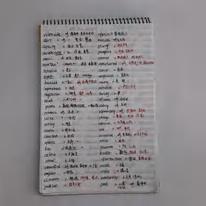
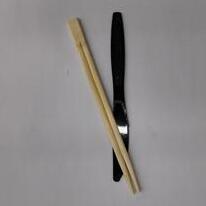
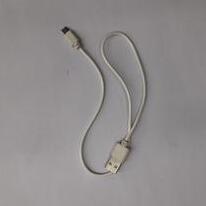

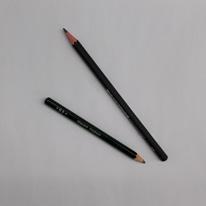

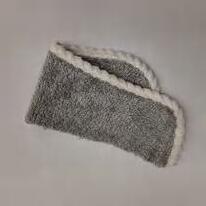

AZURE KINECT DK

ARDUINO



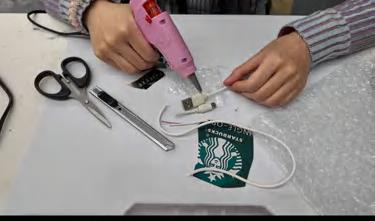
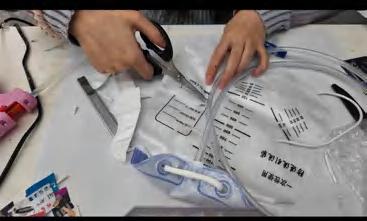



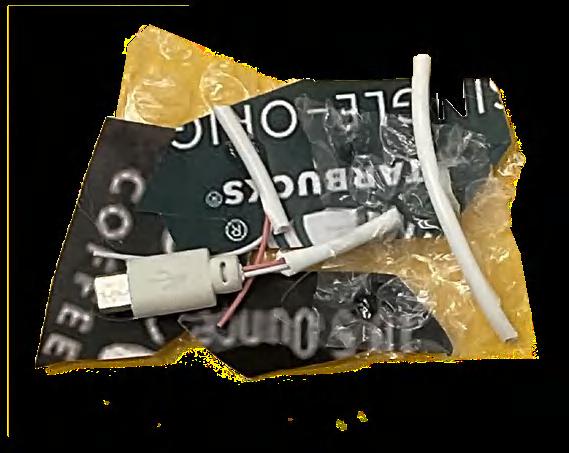

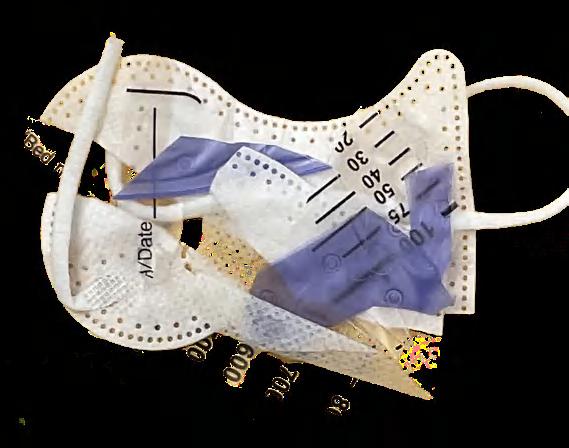

The kinect recognises the player's facial features, defining them as images of apples and stickers.
TOUCHDESIGNER
MOVING IMAGE AND FRAGMENT CHANGES ON THE APPLE
The beads pass an infrared sensor that triggers the sticker fragments.
Codes
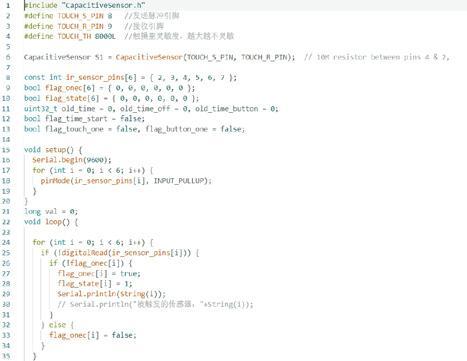

Test







When the bead blocks the infrared ray of the sensor, the data of arduino triggers the on or off of the value of the button in TD
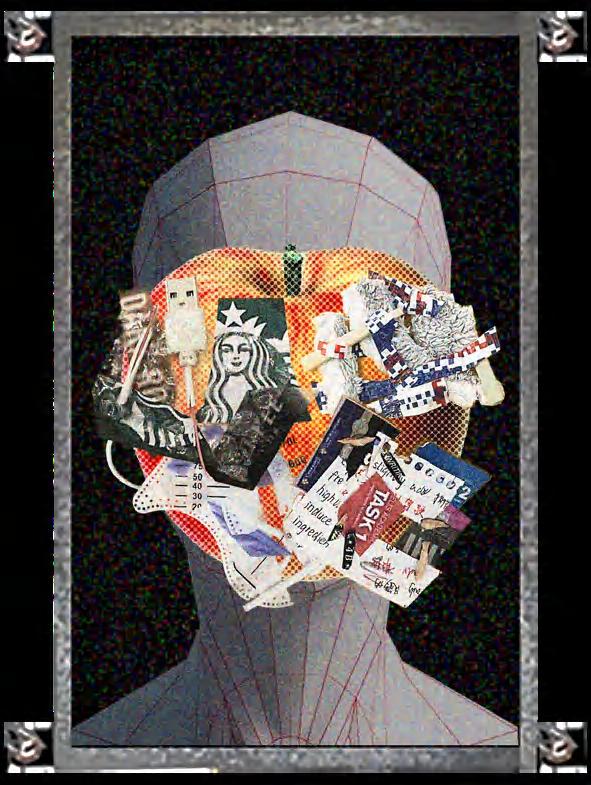
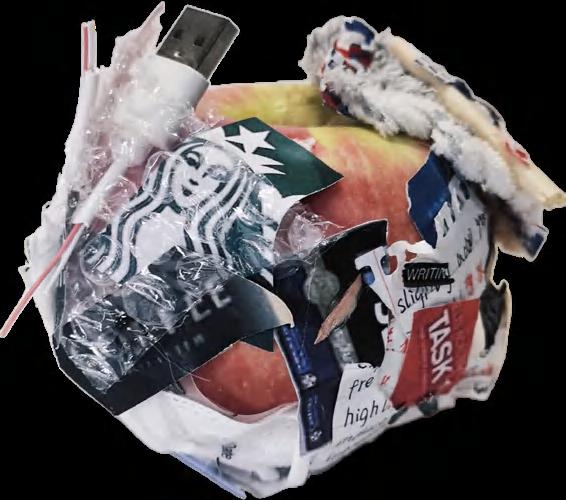
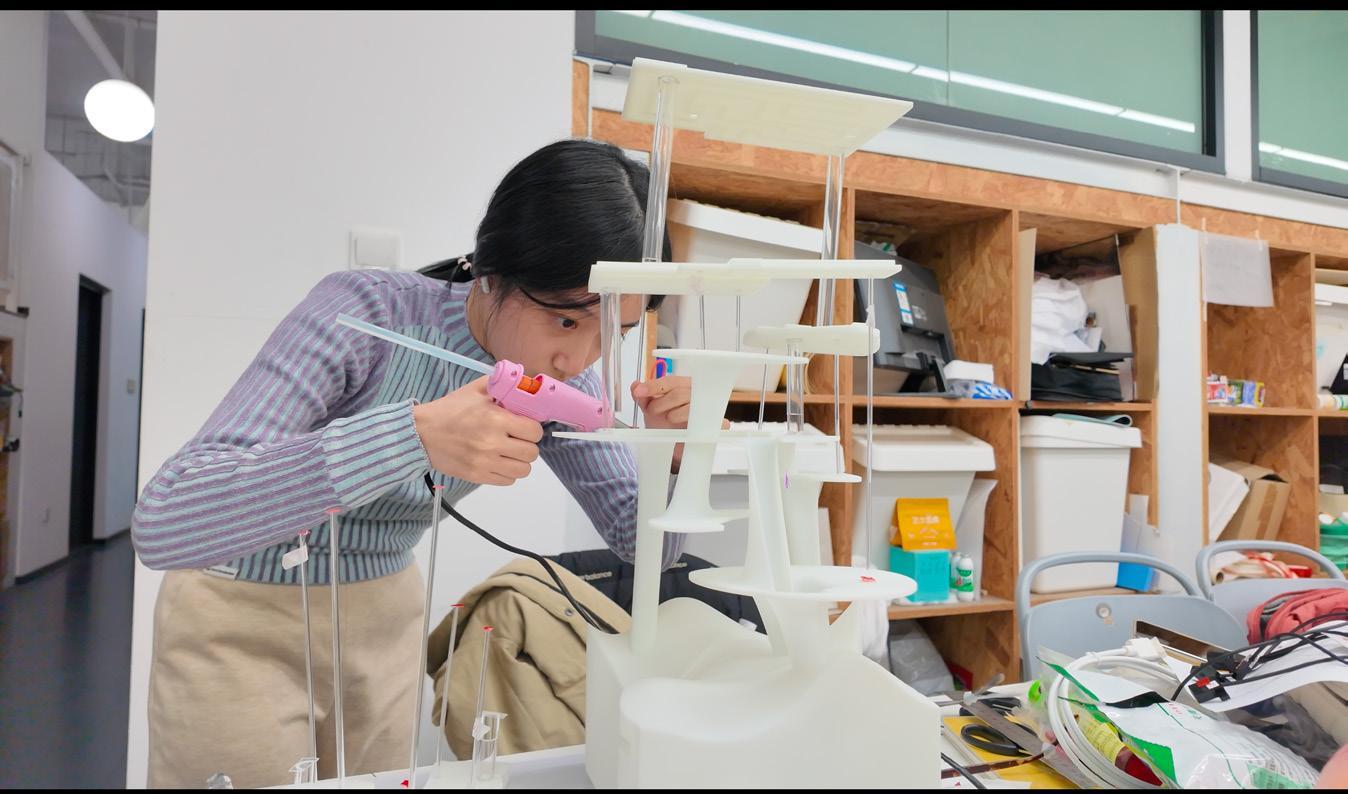
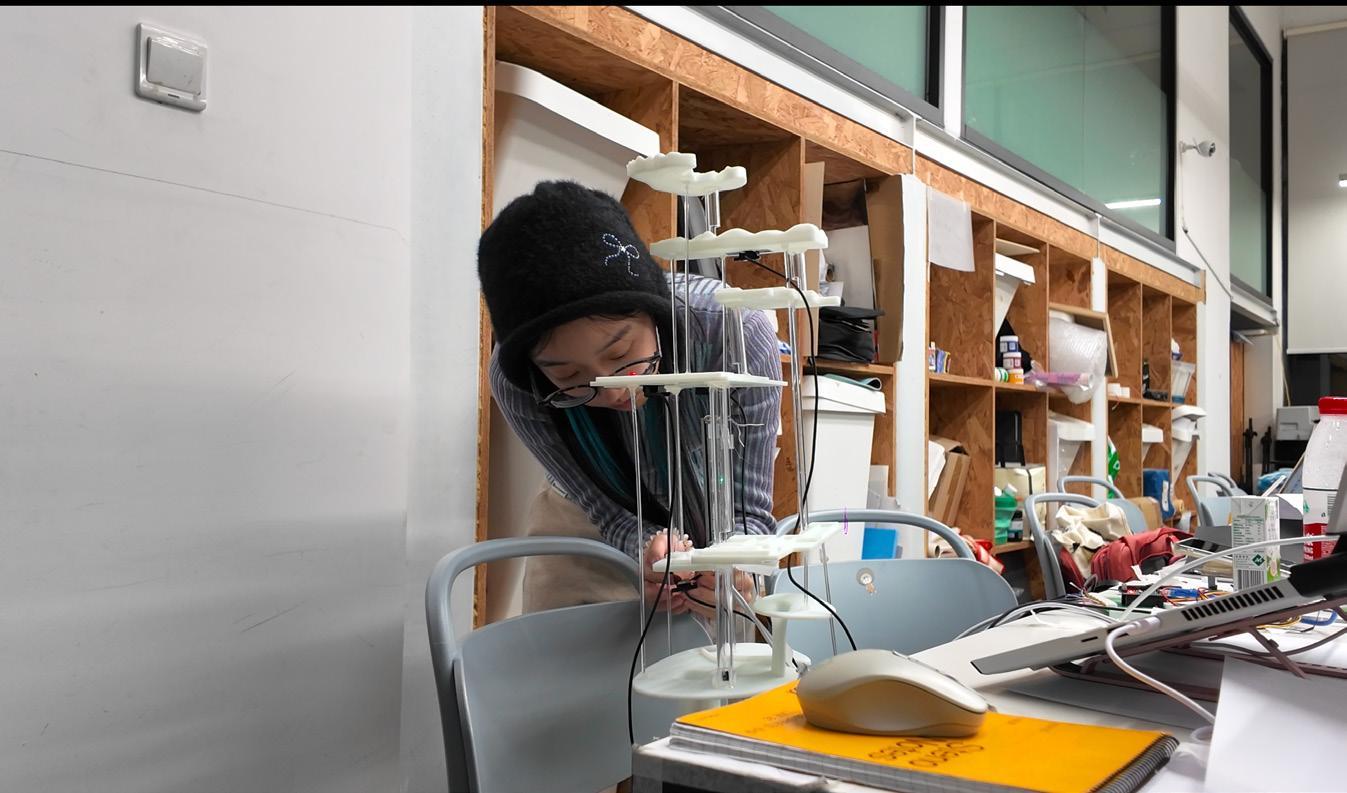
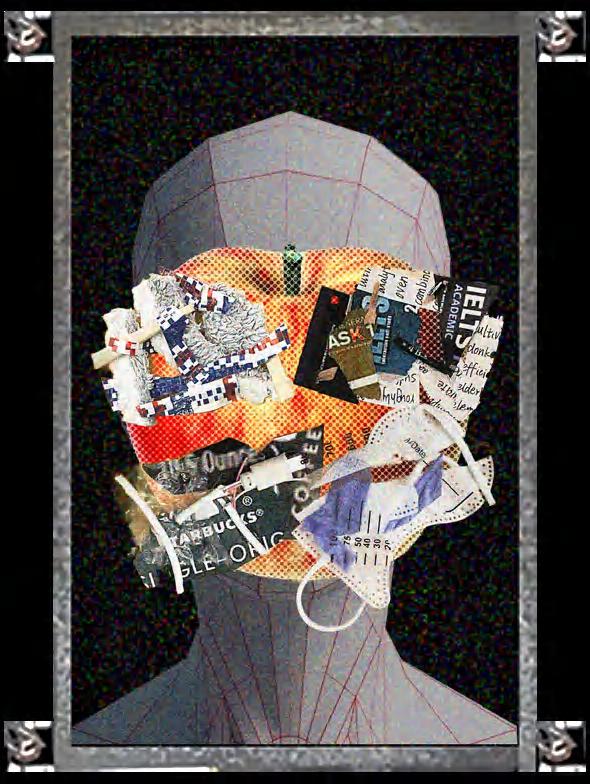
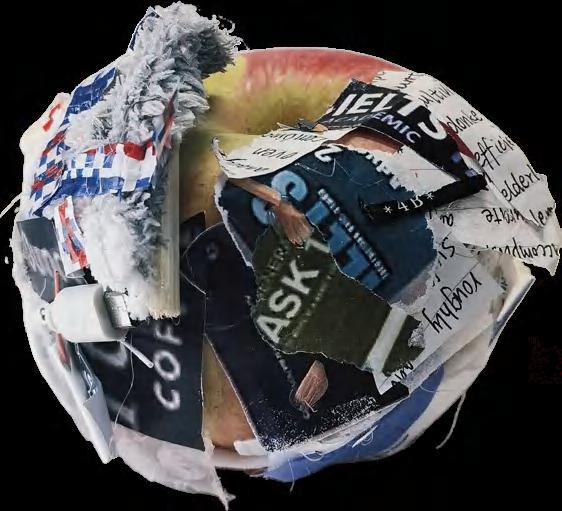
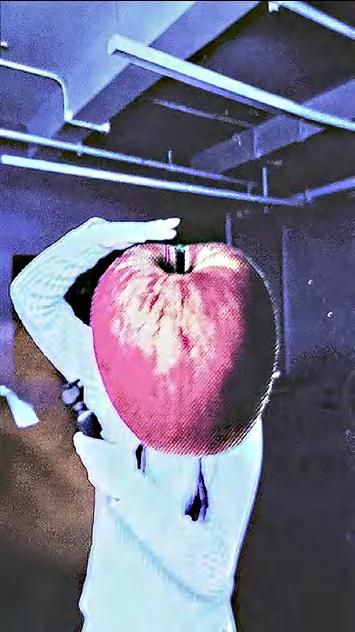




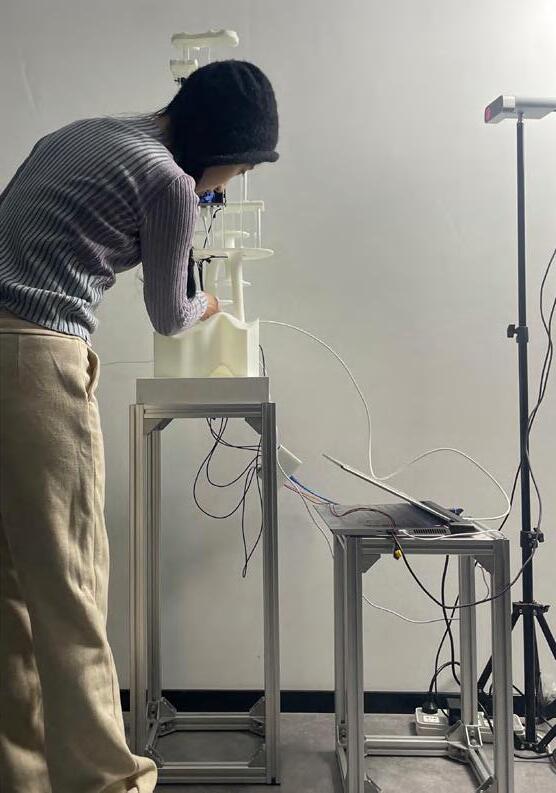

The use of infrared sensing beads to obtain stickers for different stages of life enables participants to gain a clear understanding of the process by which society shapes an individual's identity. Taking out the wrapped apple and tearing off the sticker at the end is to recognize the existence itself after actively tearing off the social label.
Regarding the interaction, direct hand contact with the beads will be less convenient at some angles, and the use of props to help the beads move will be considered in the future.



